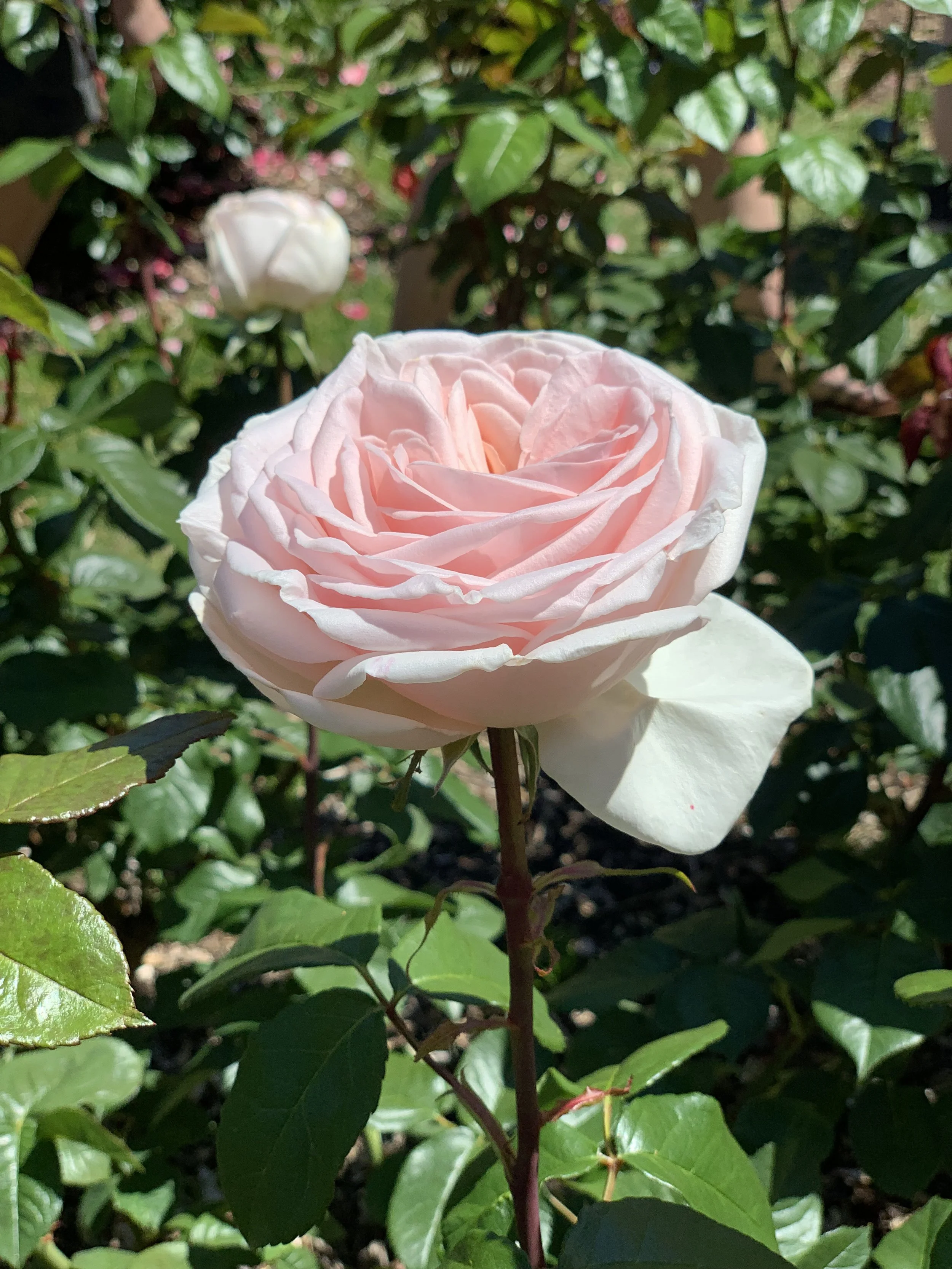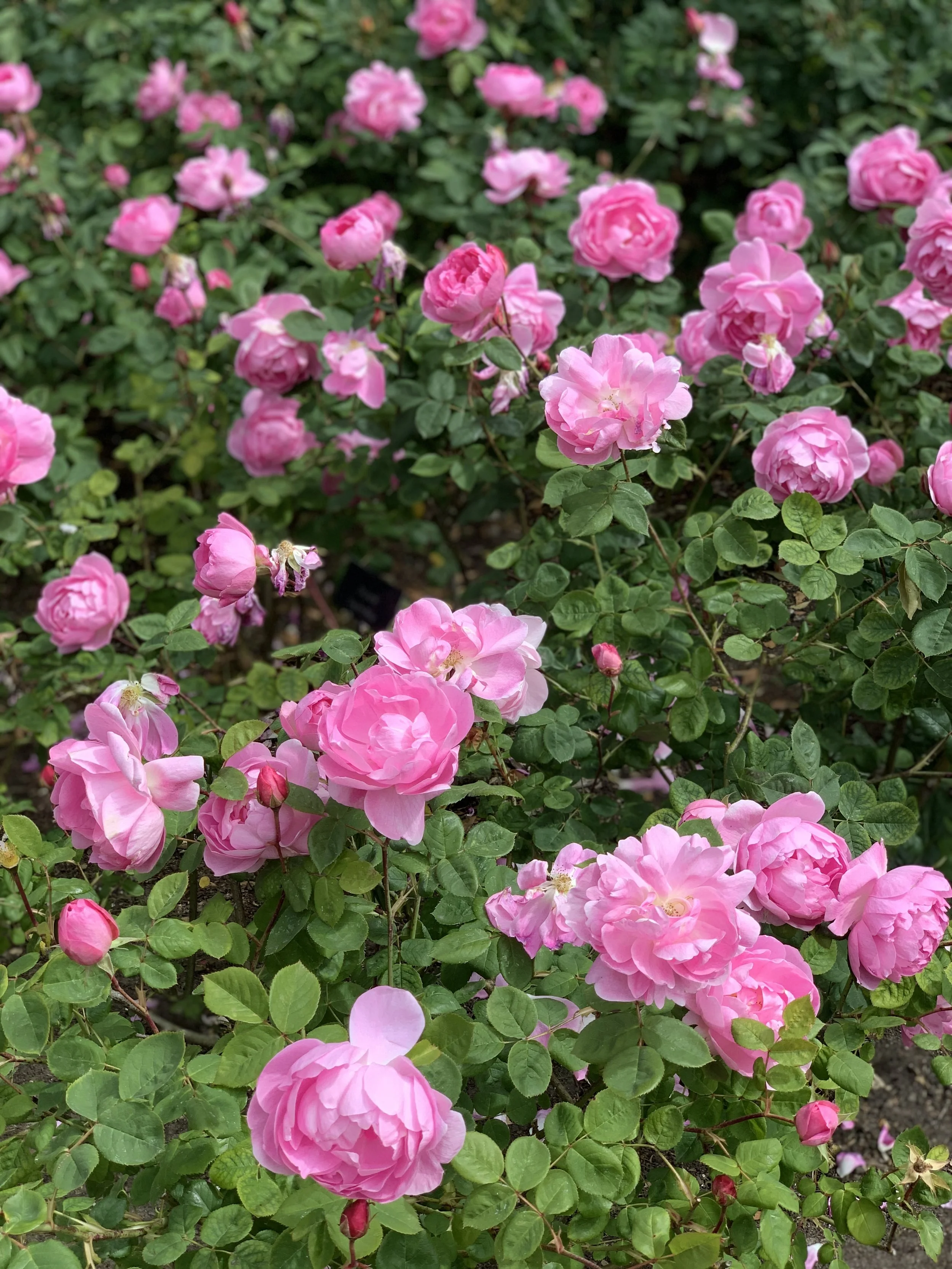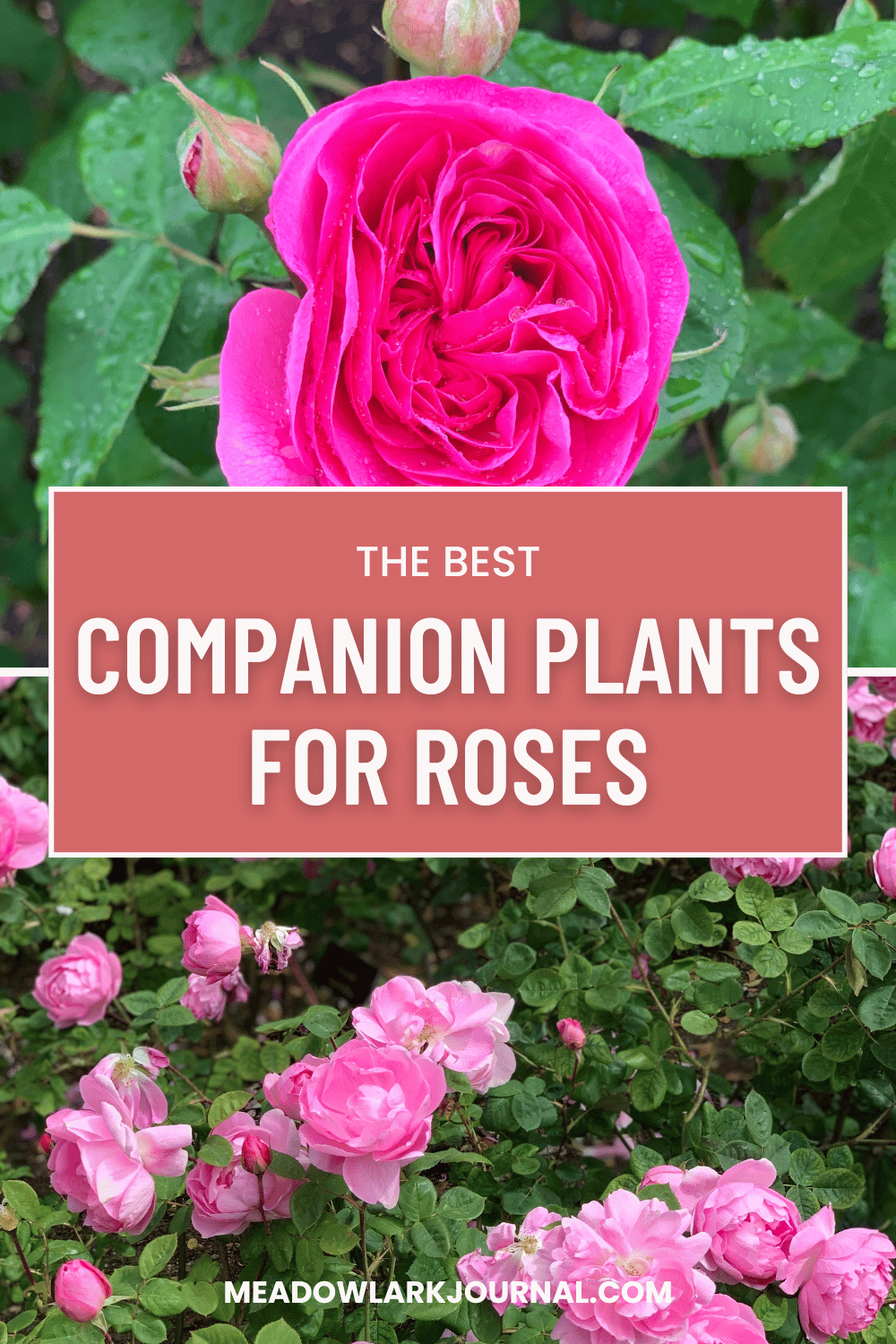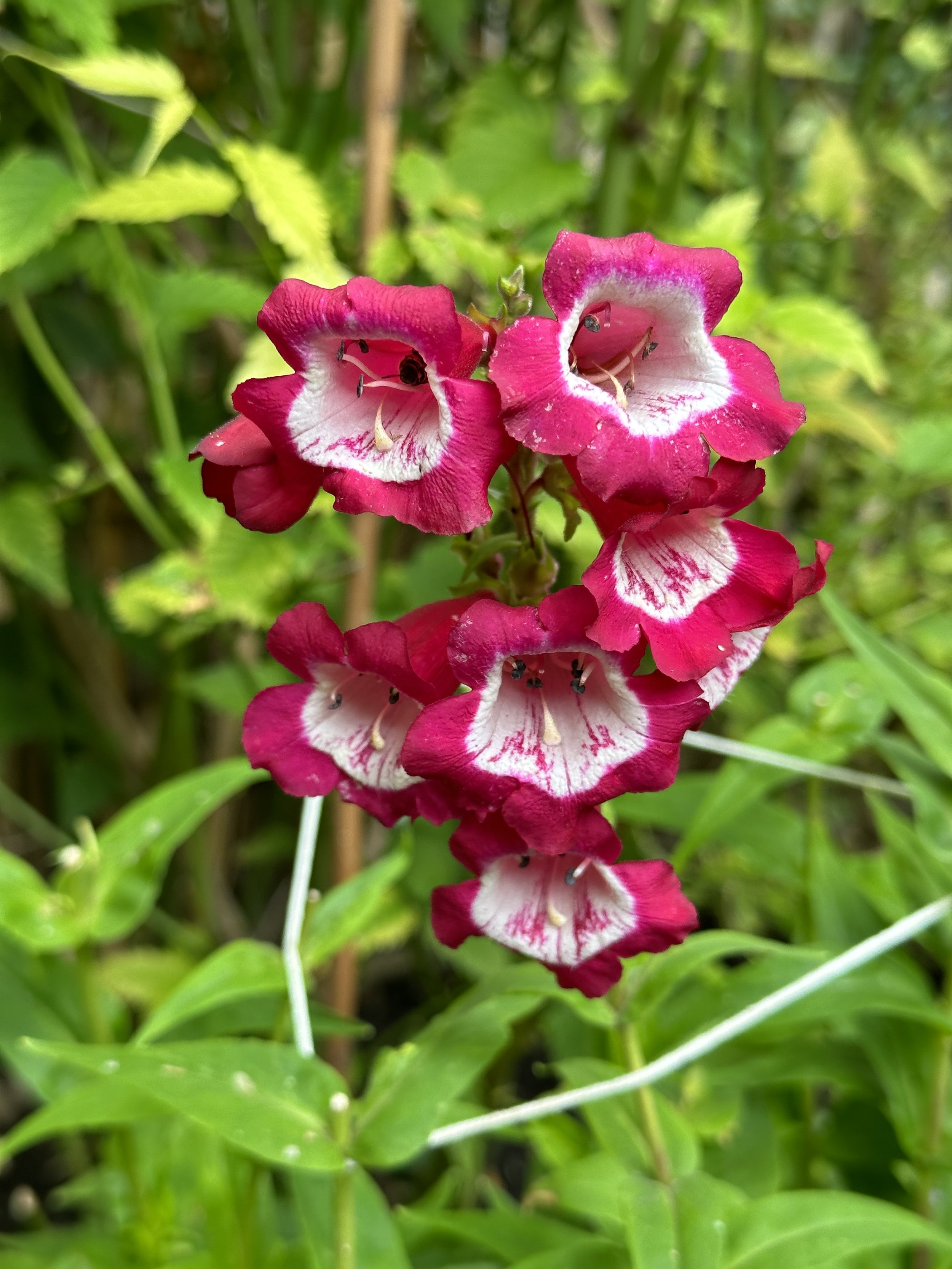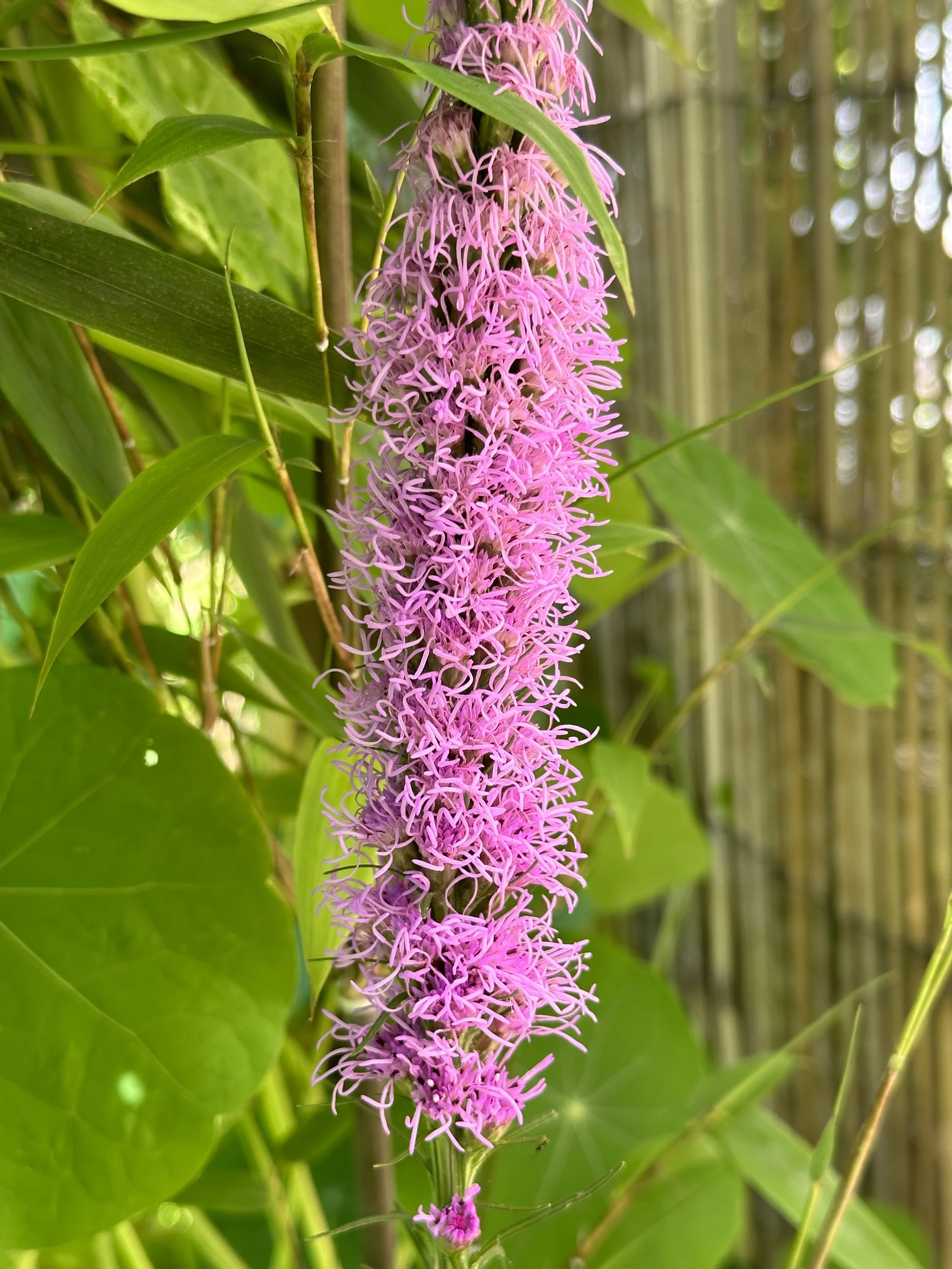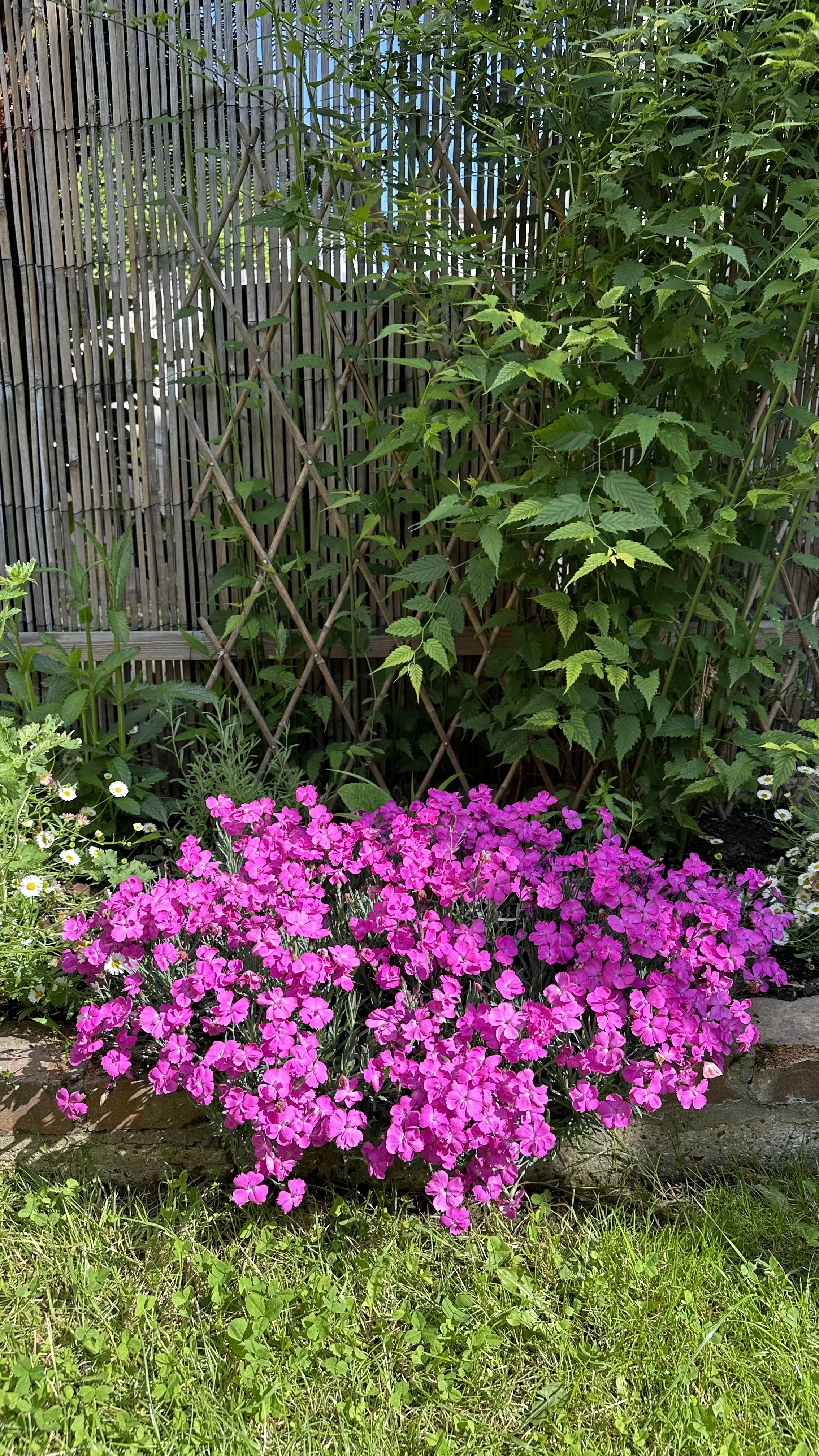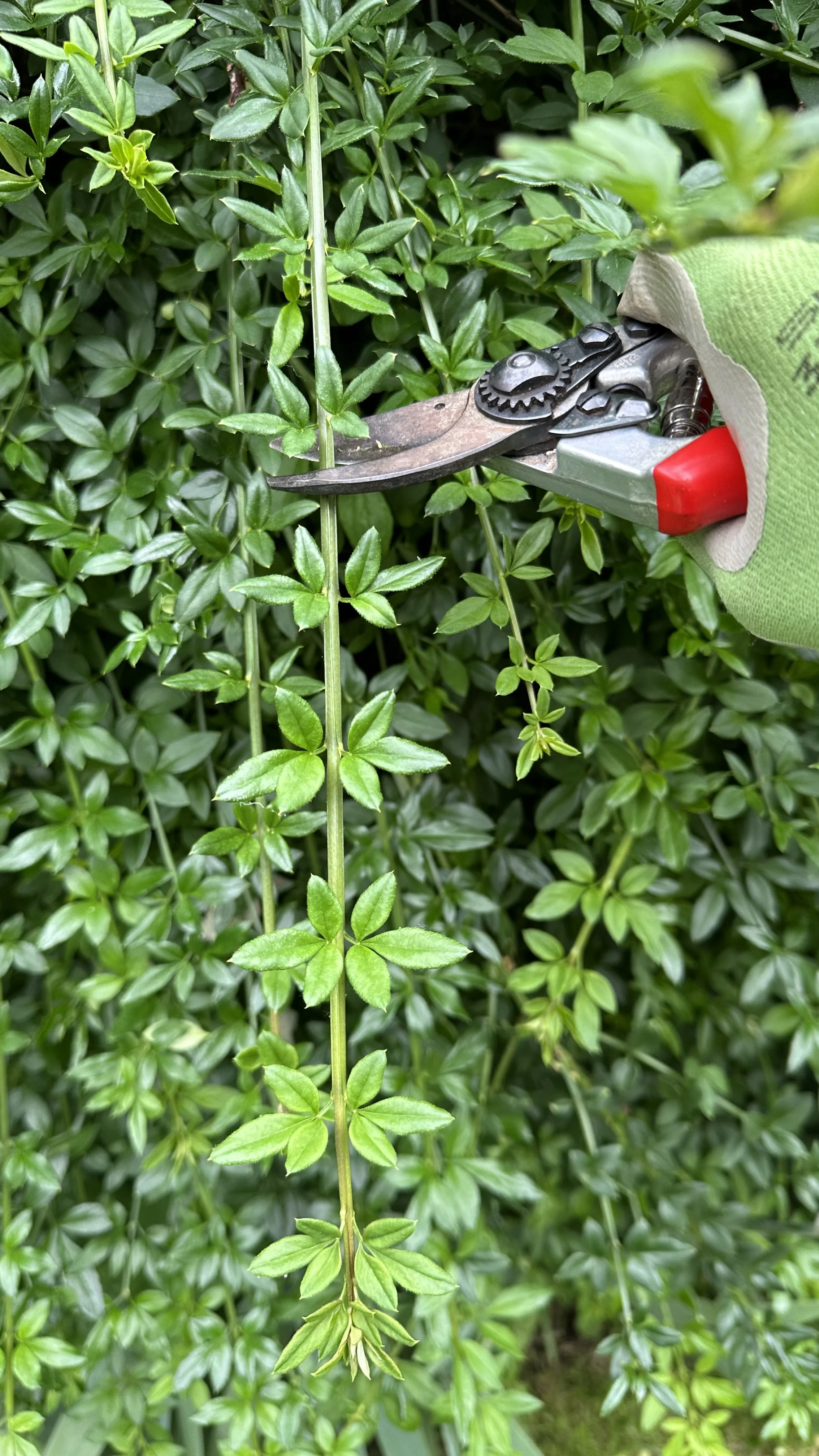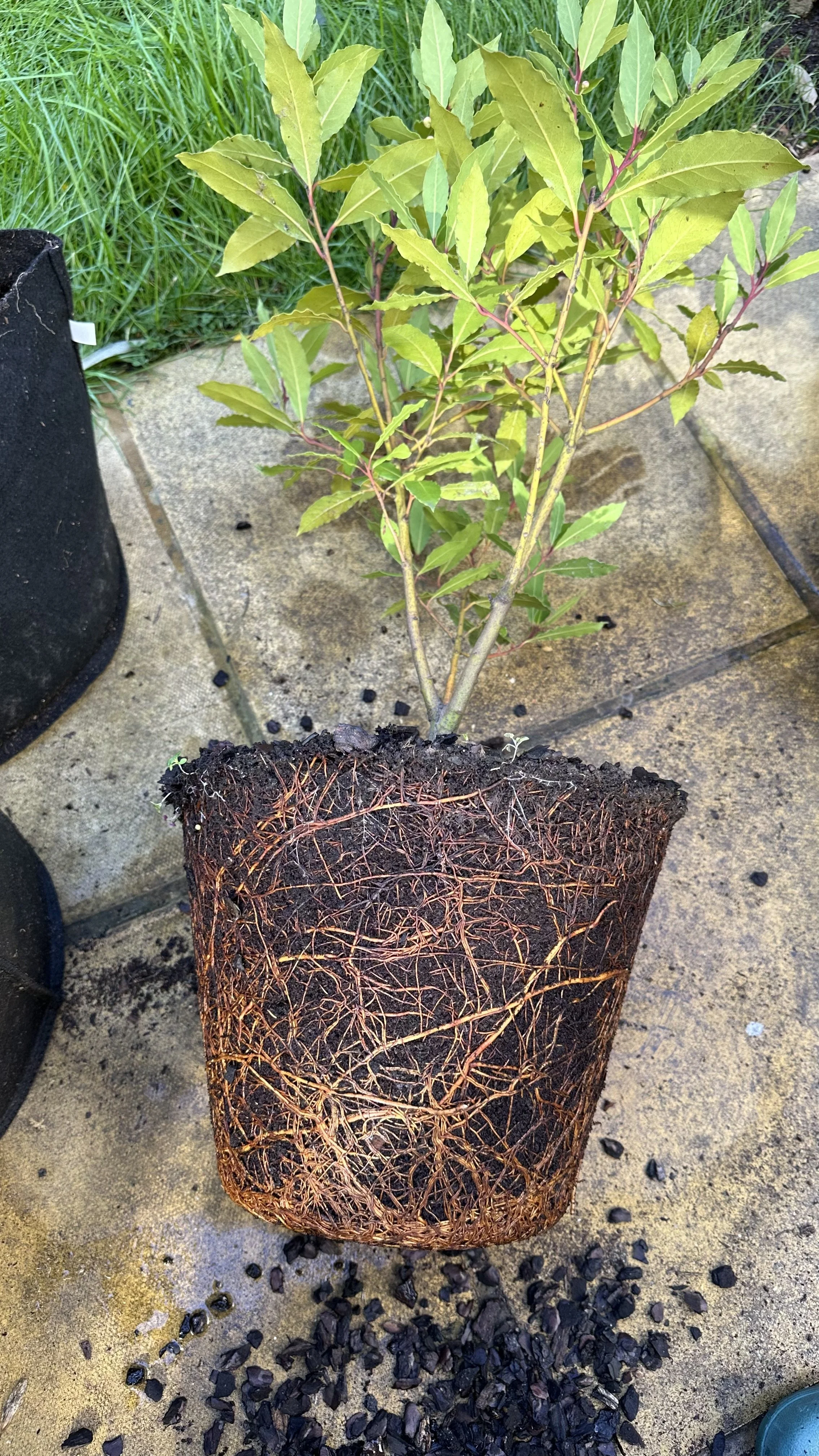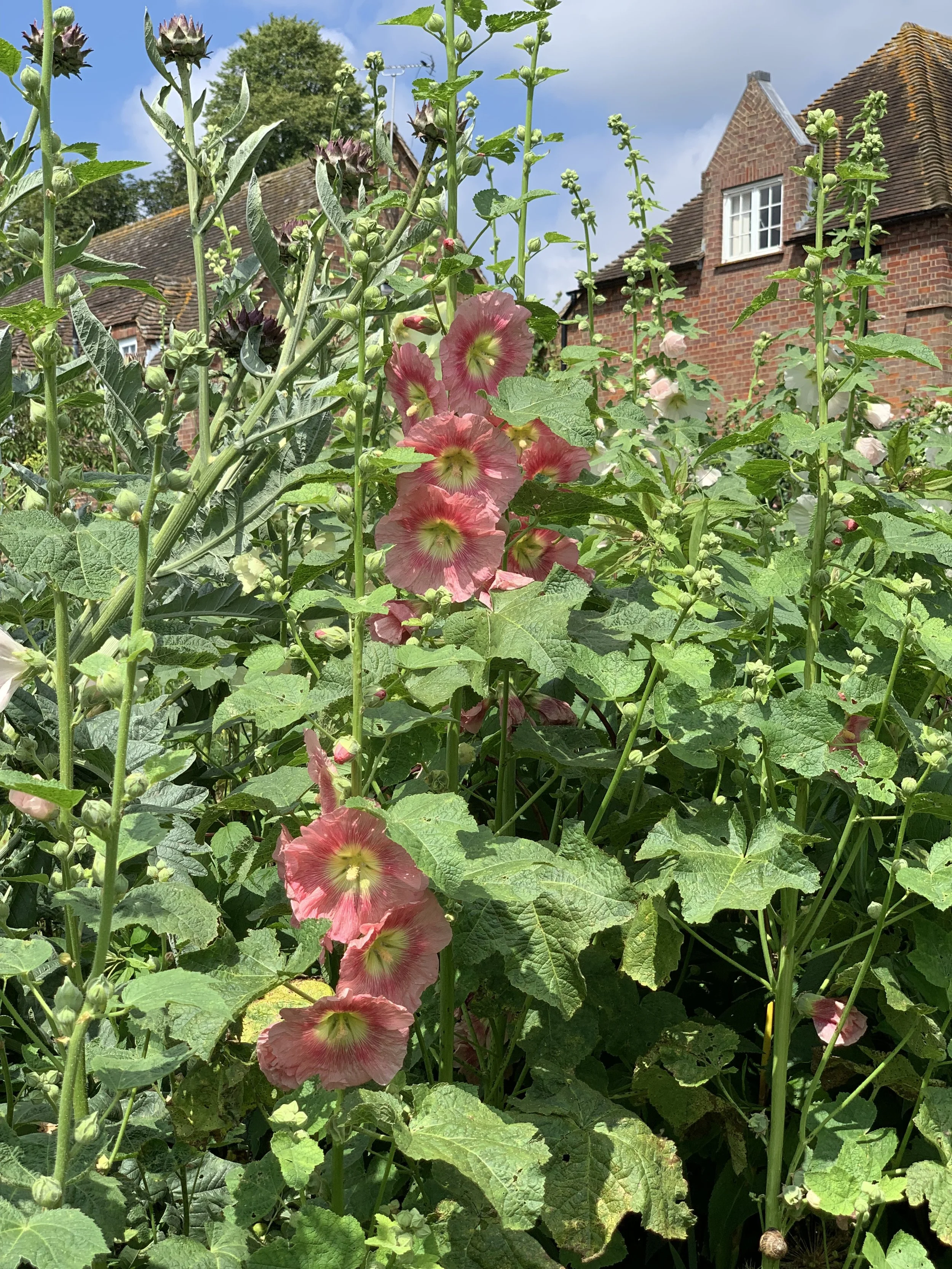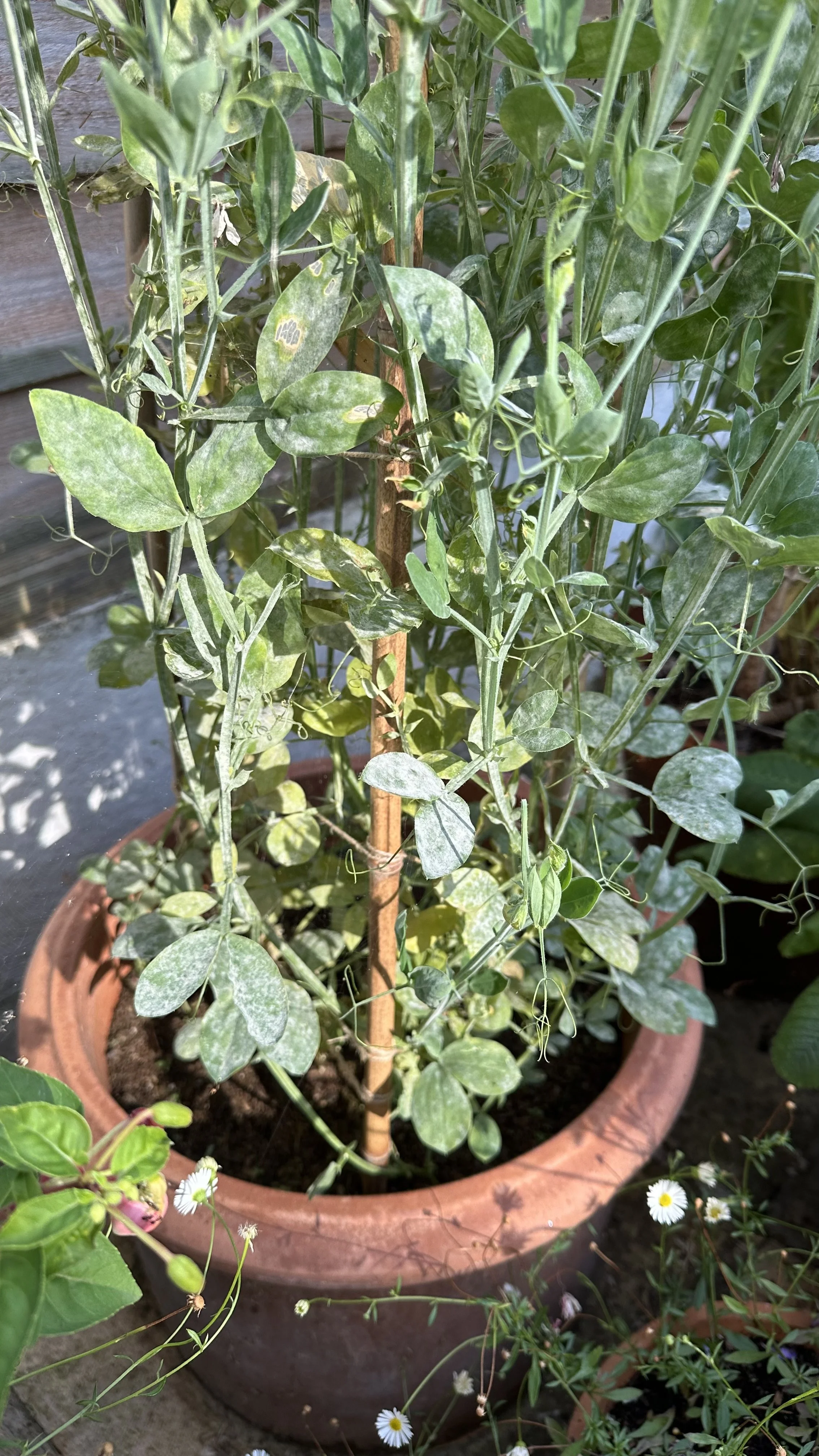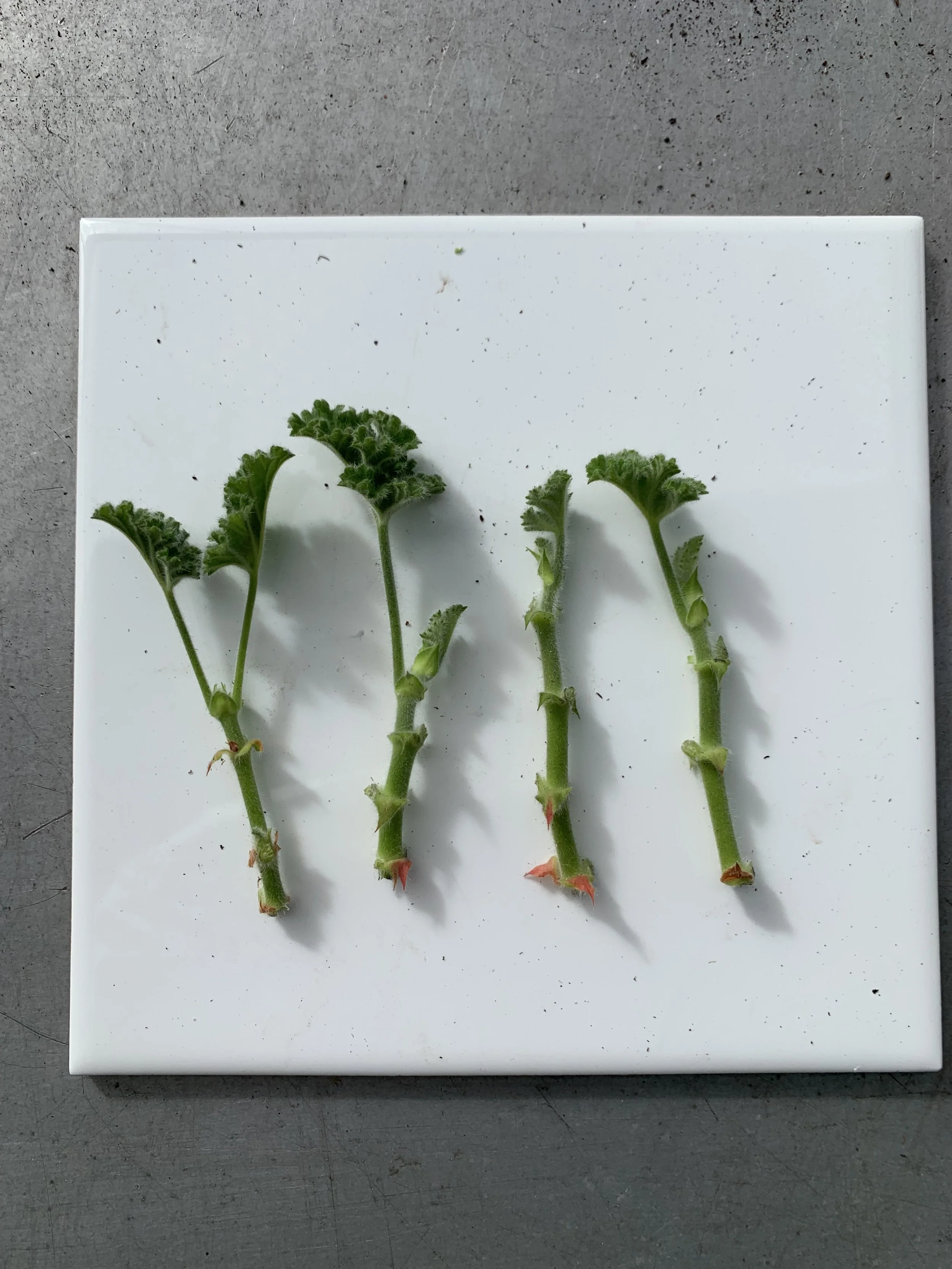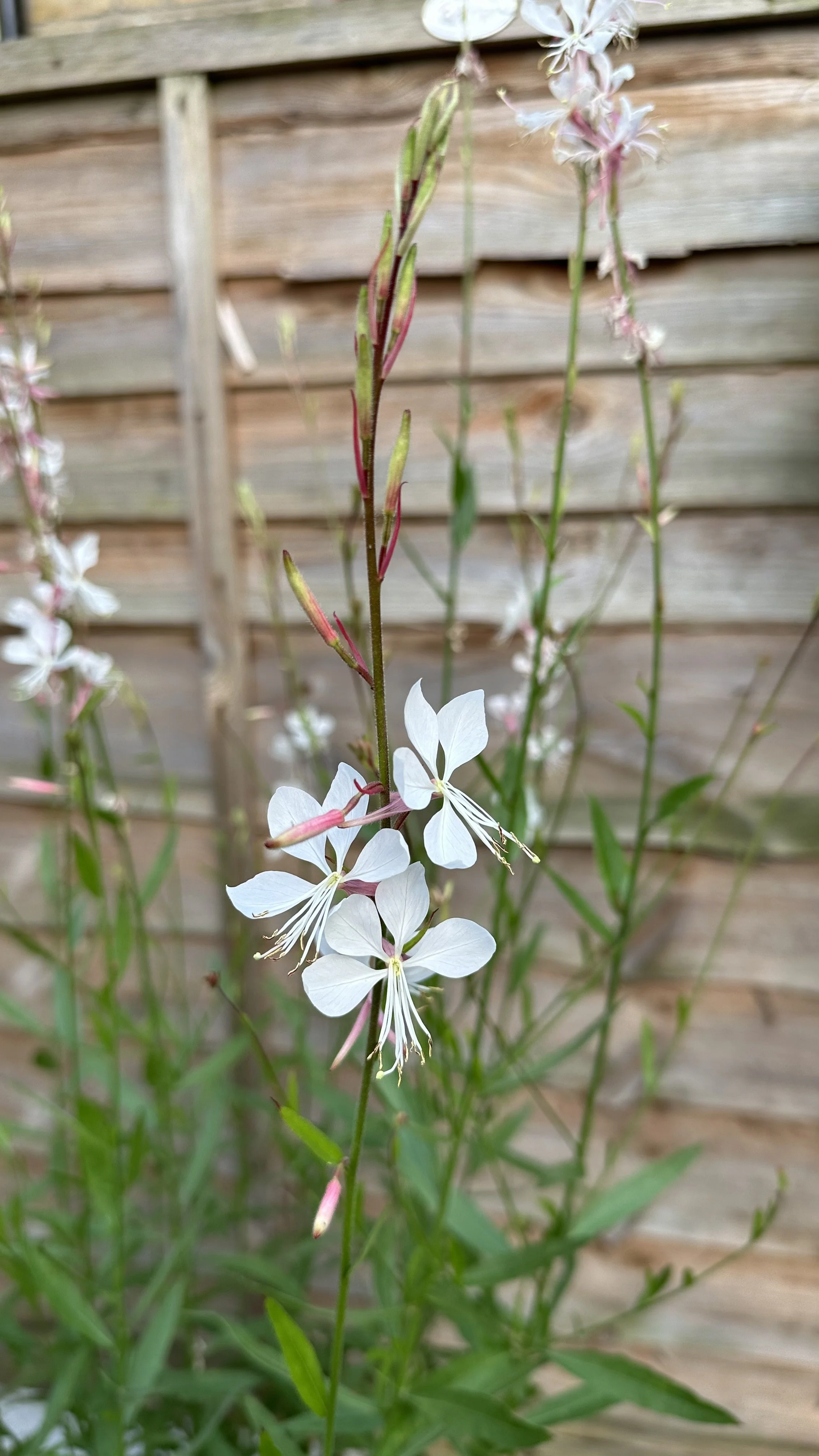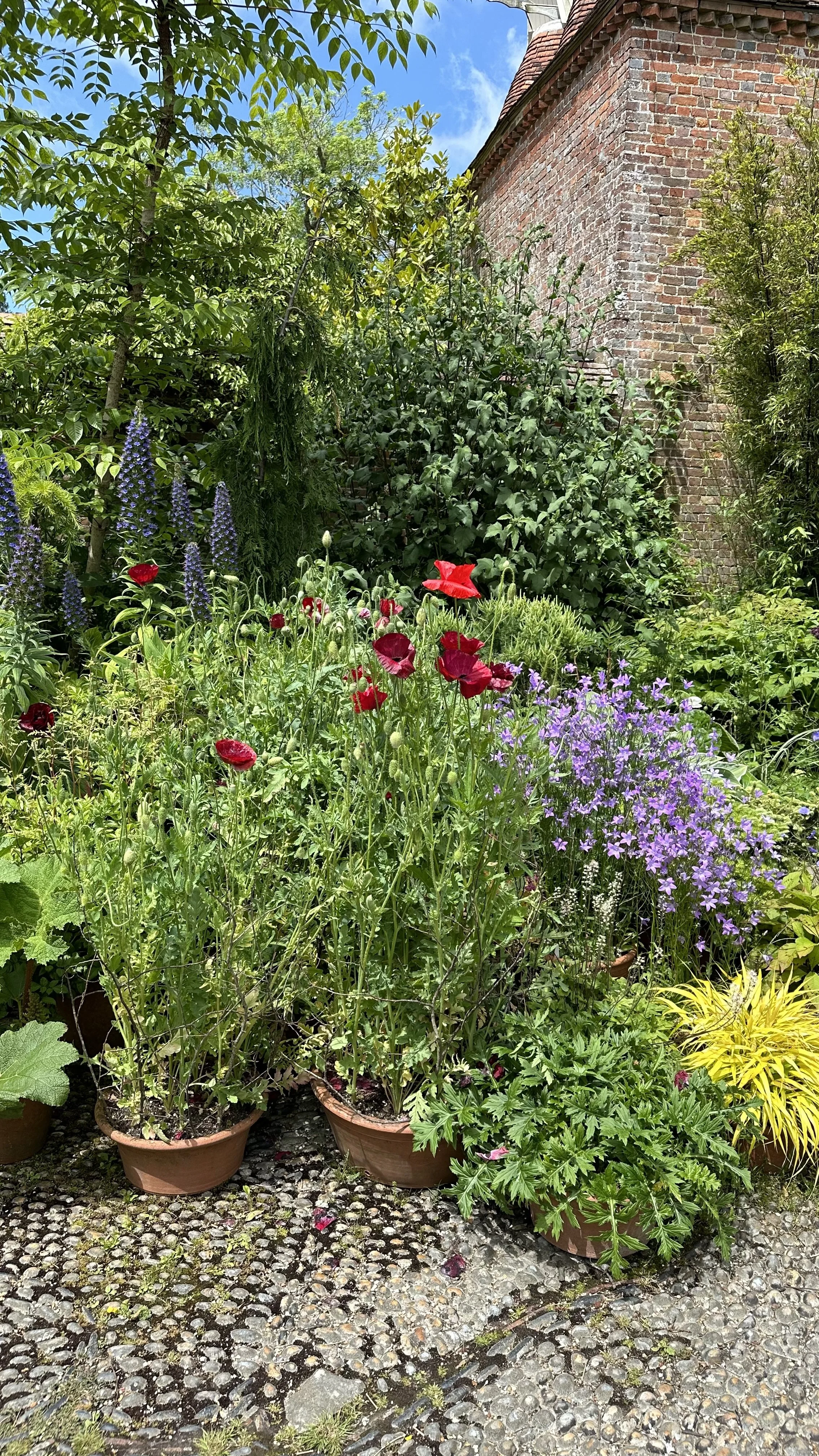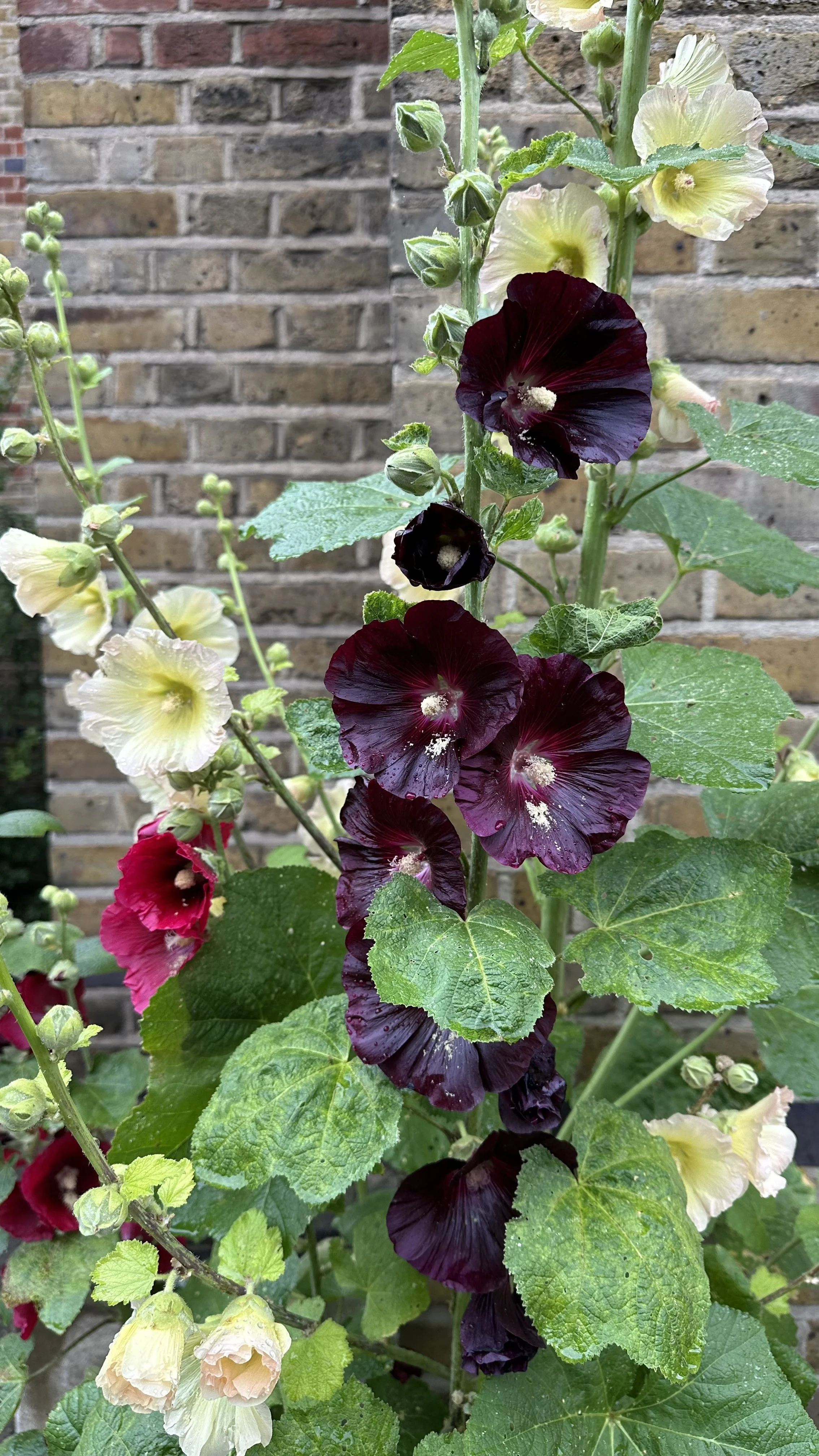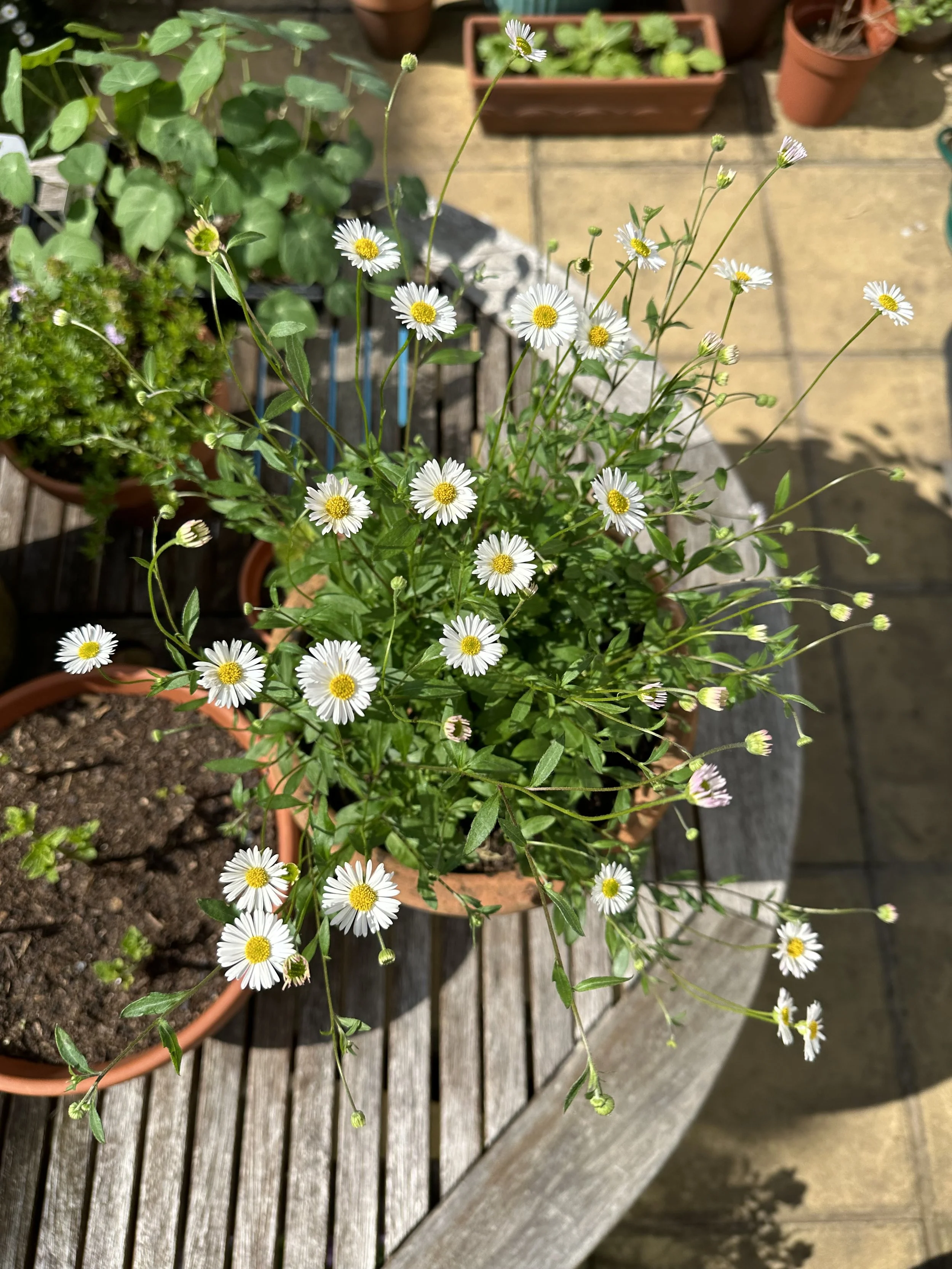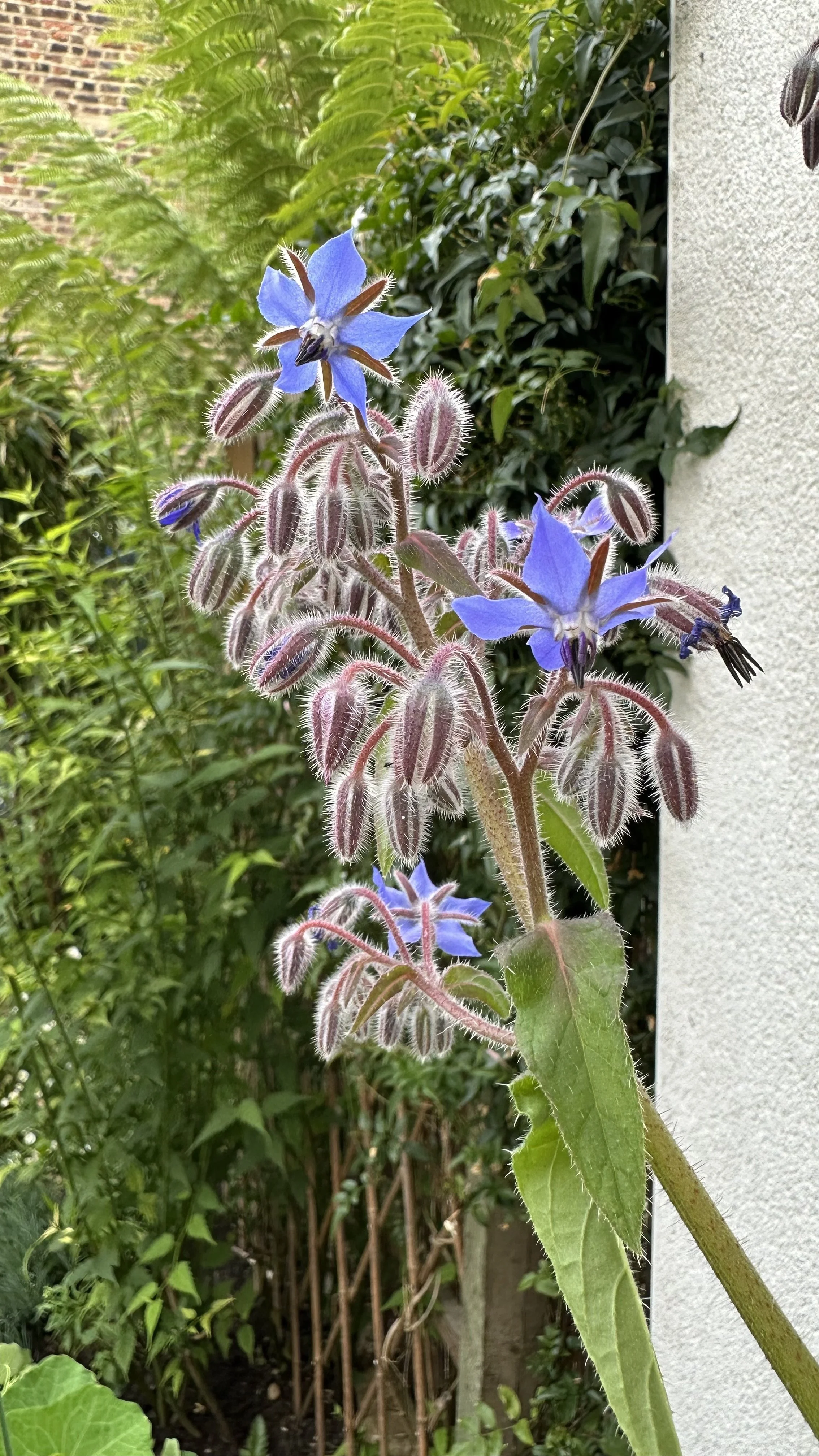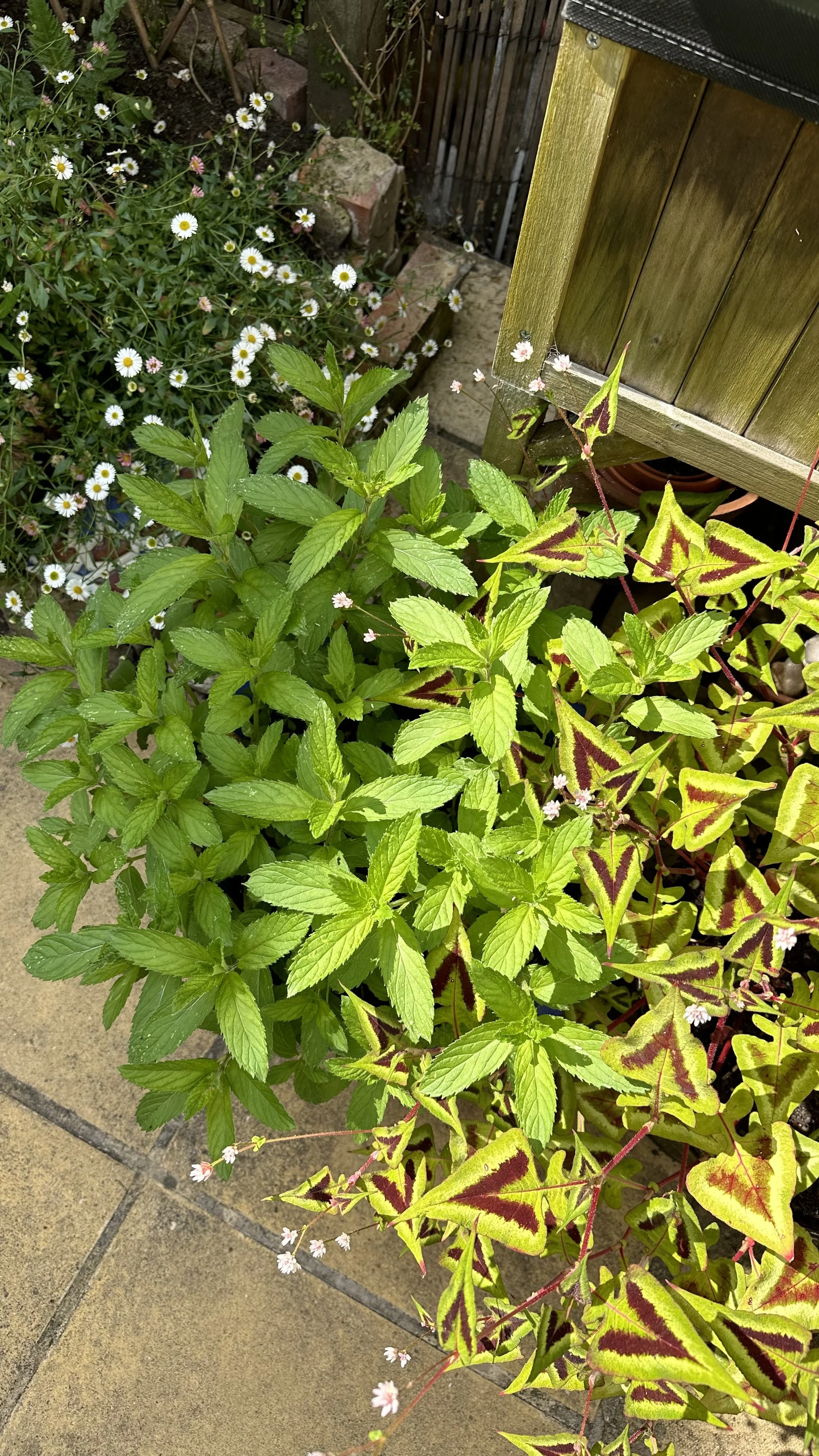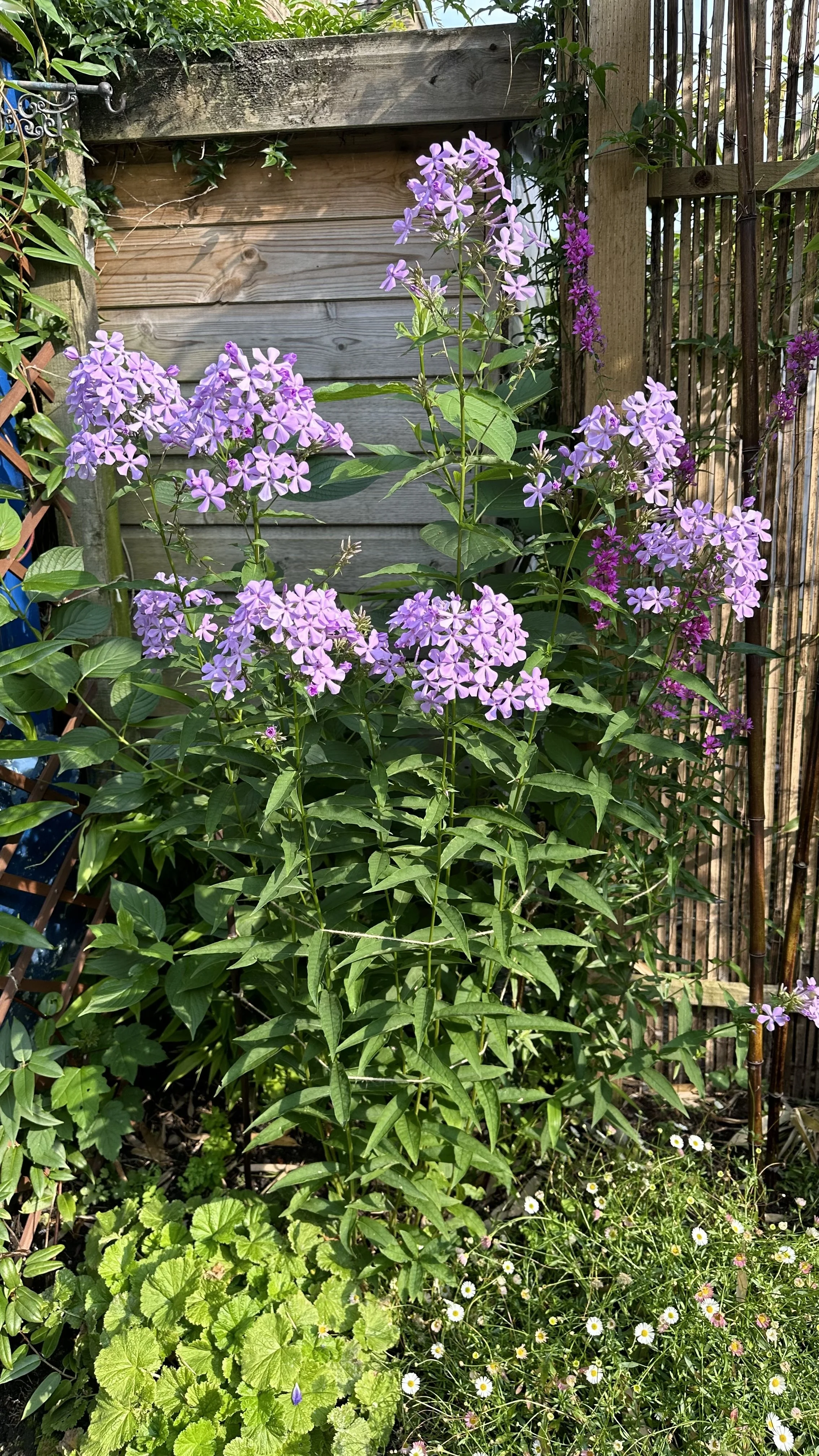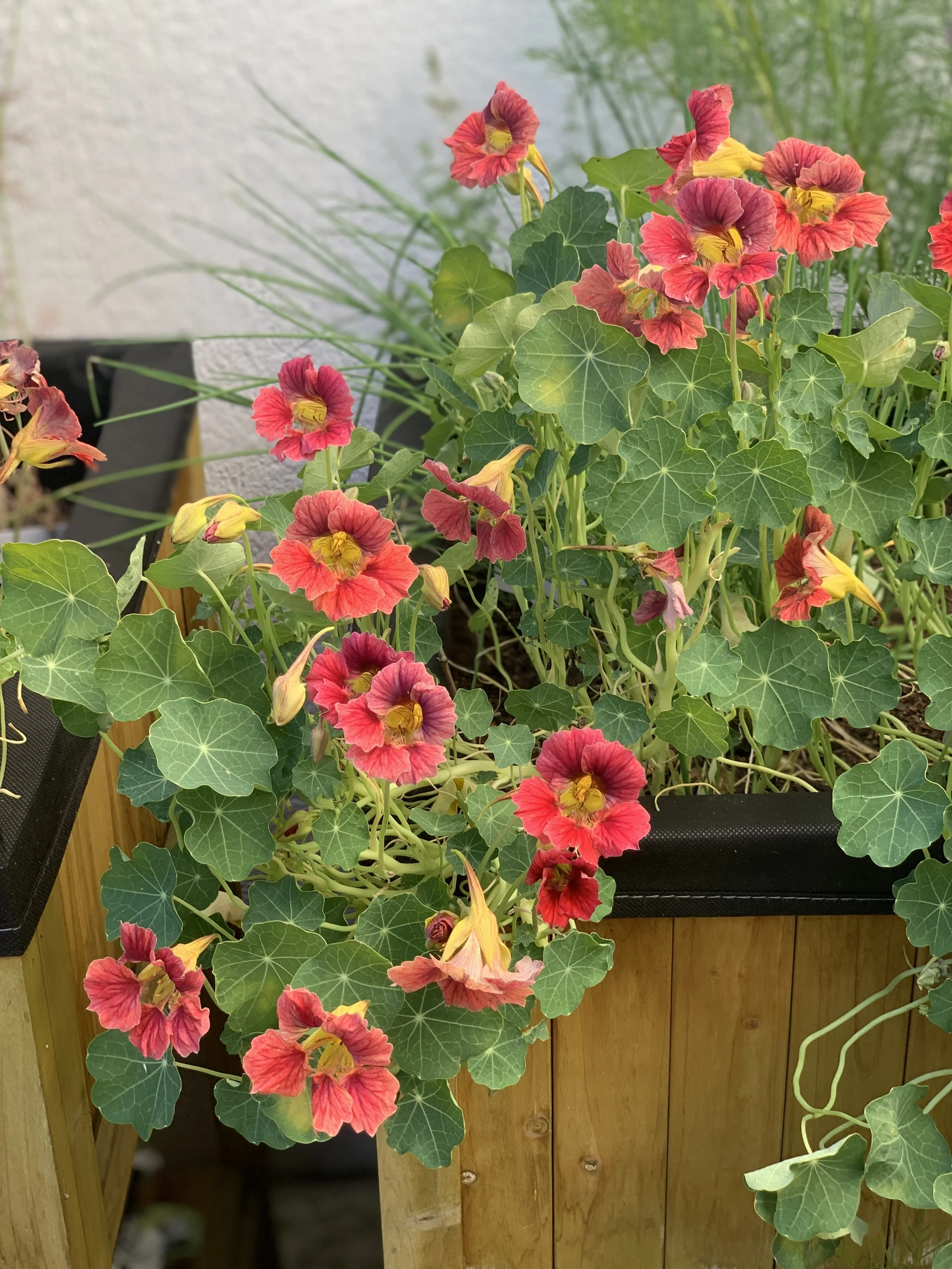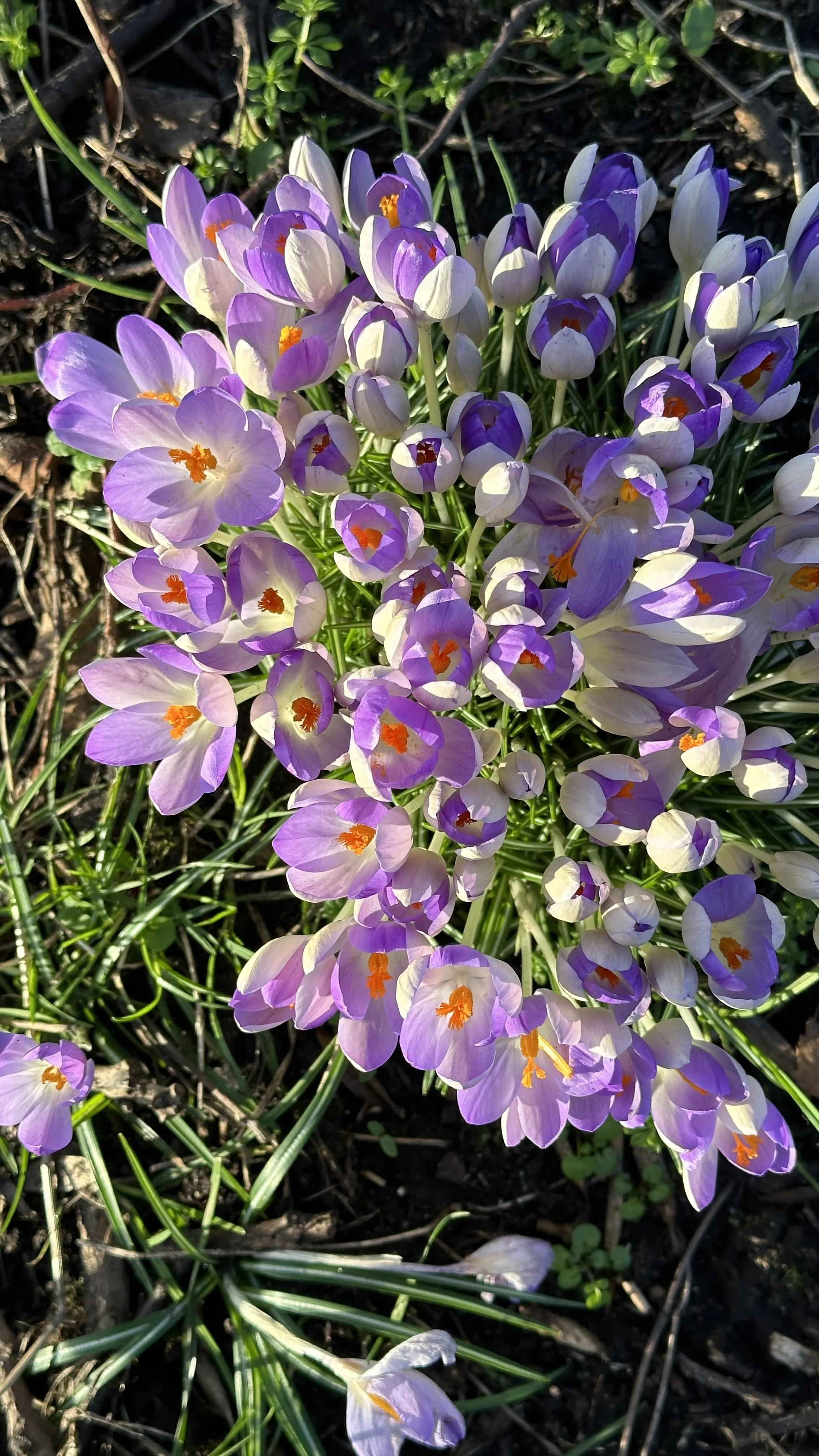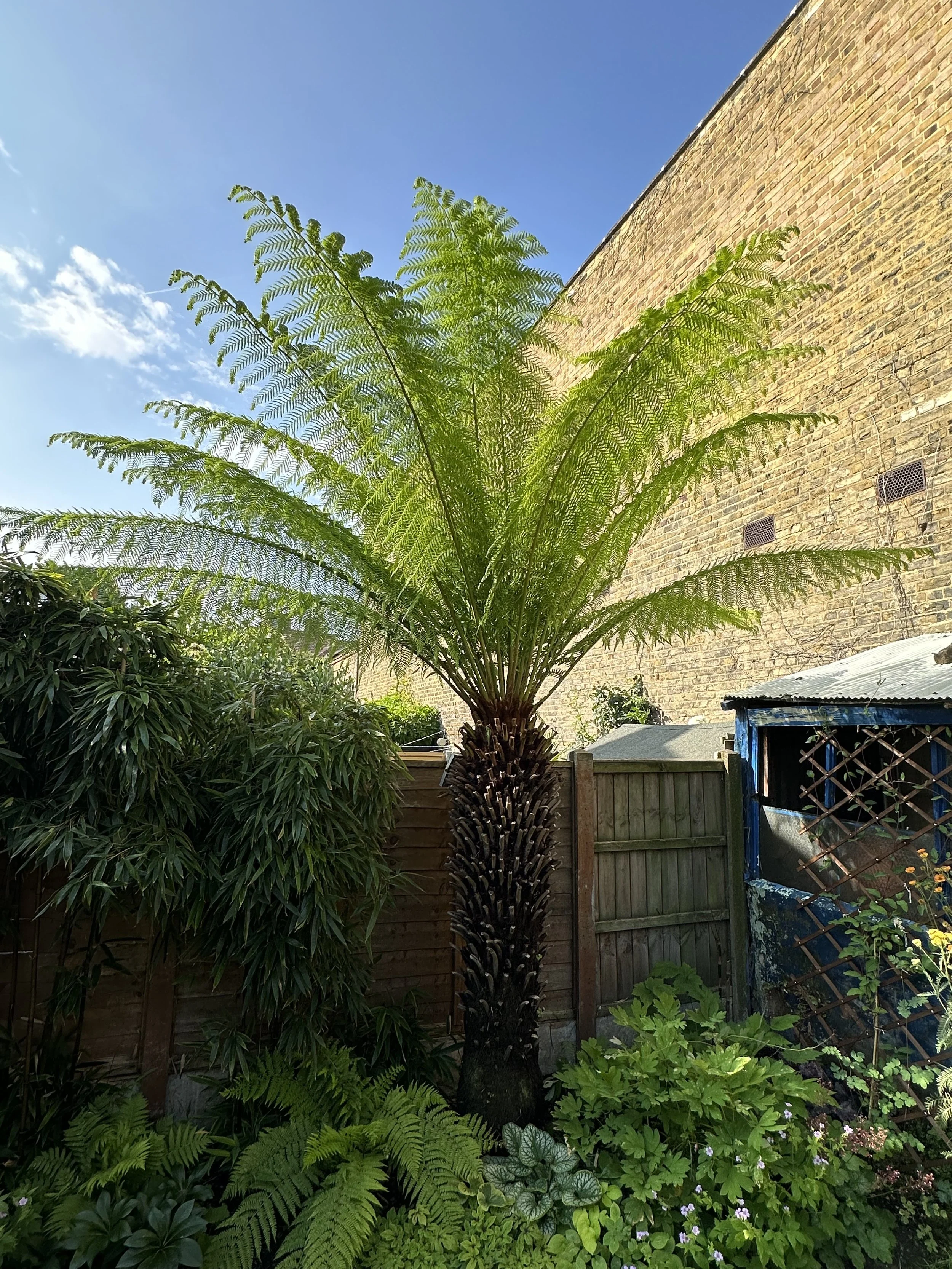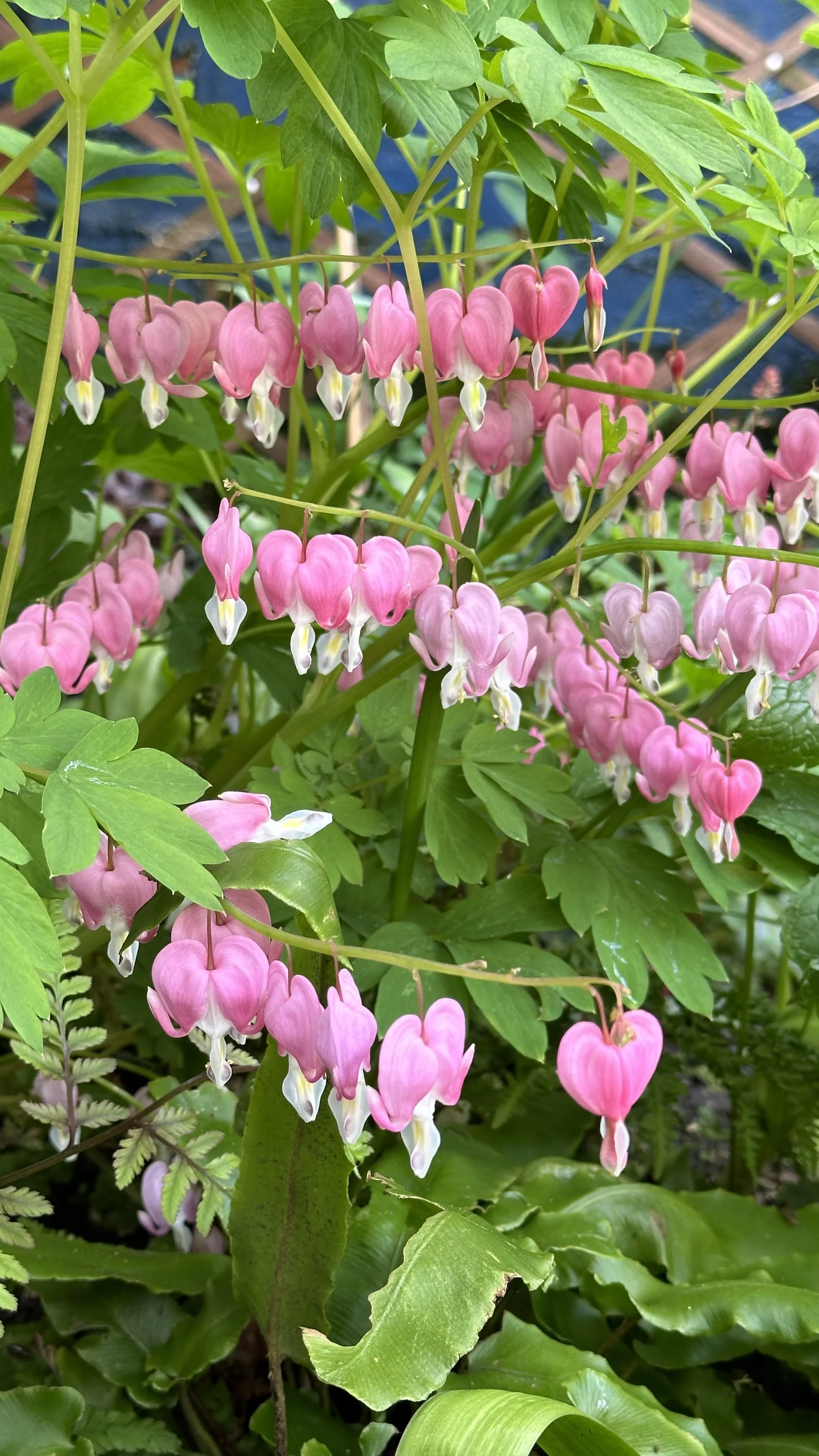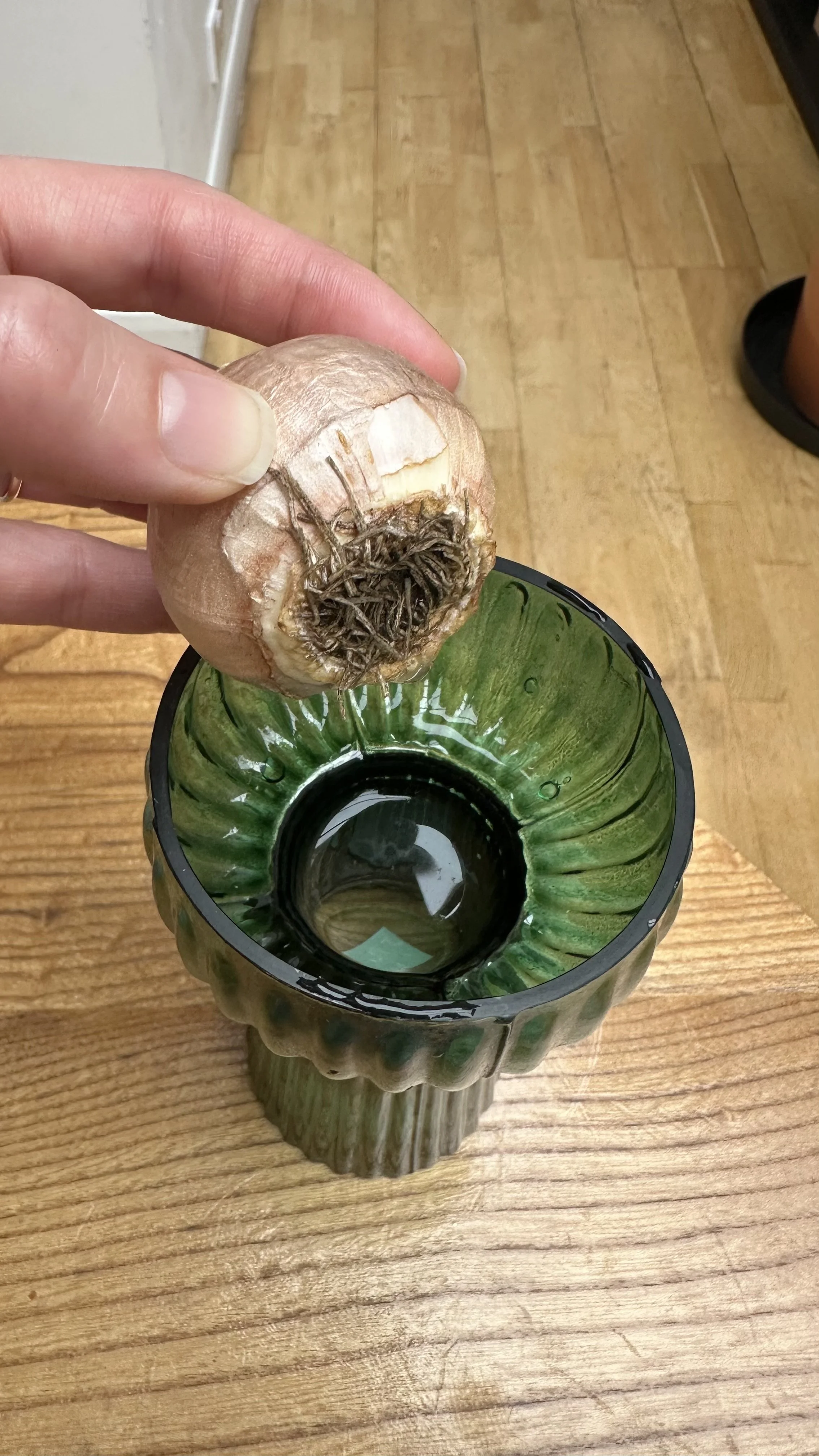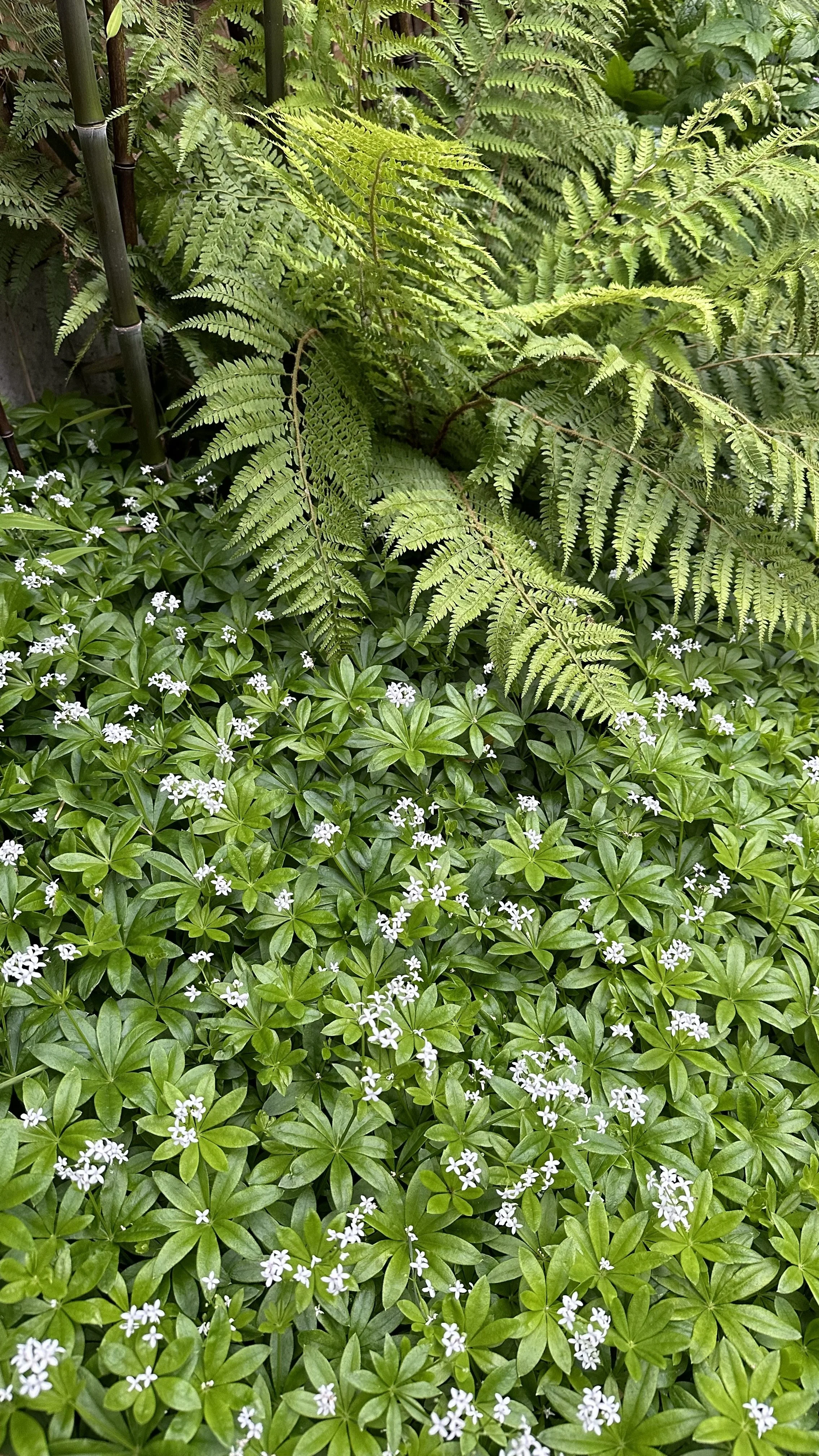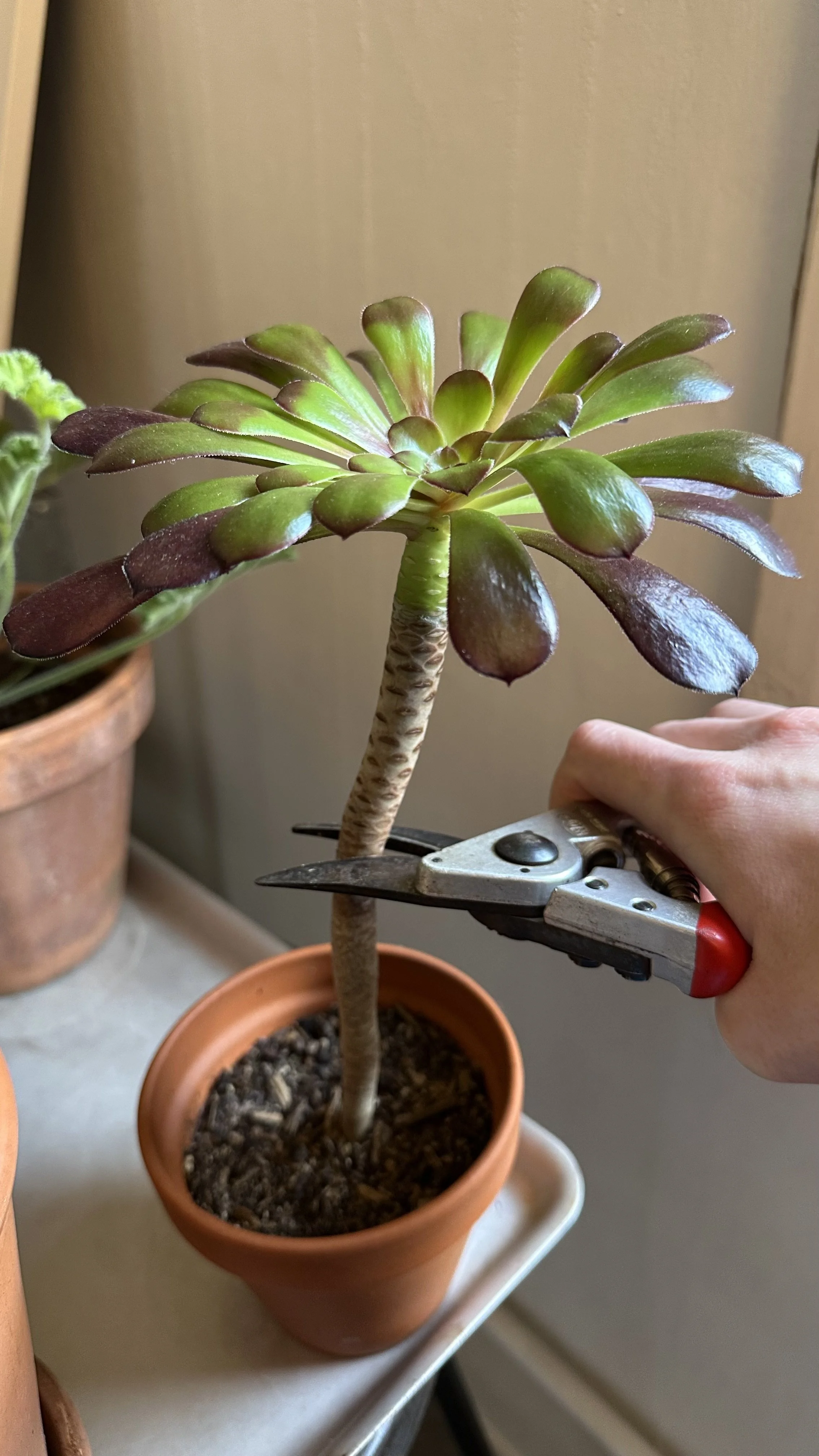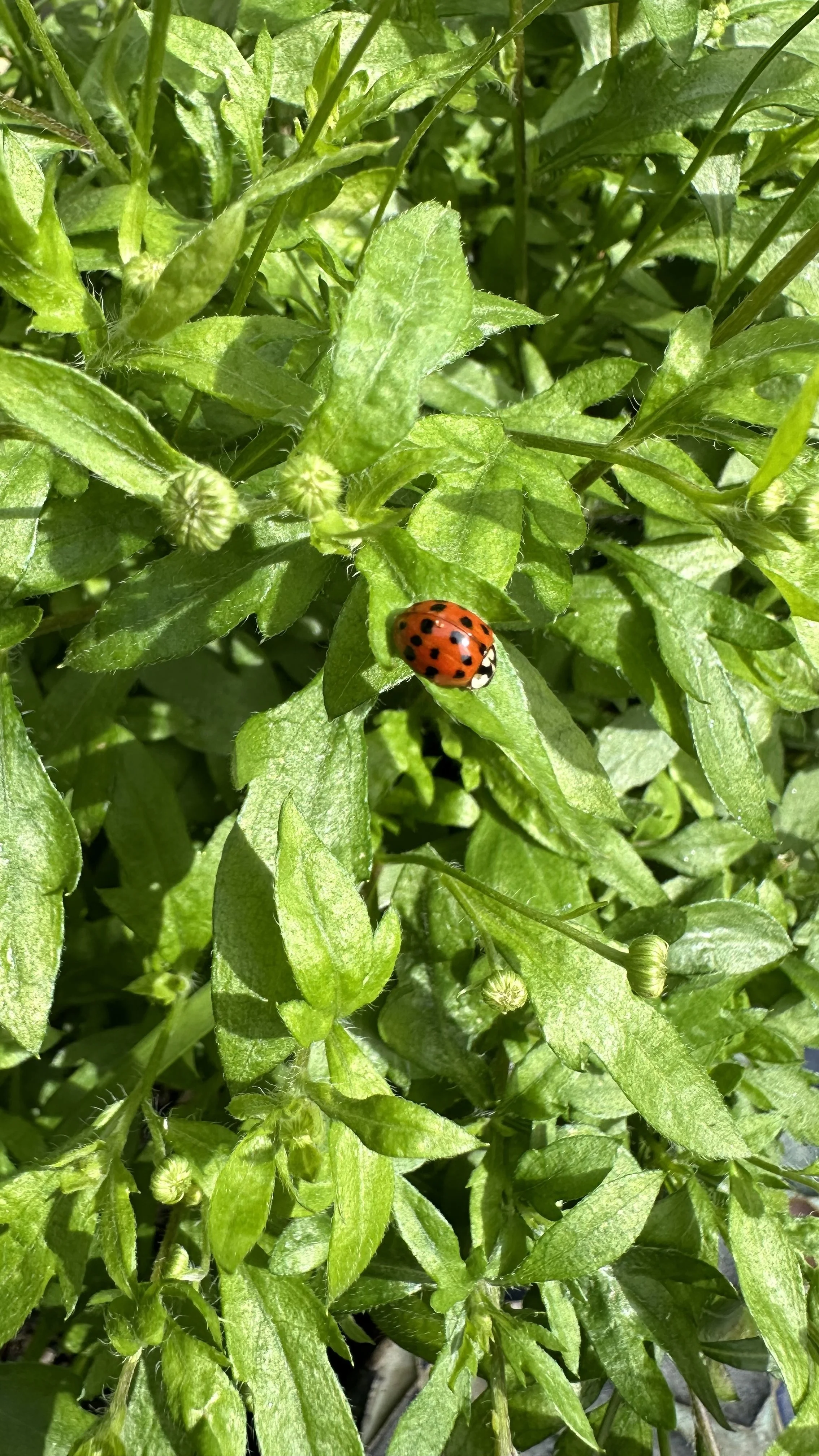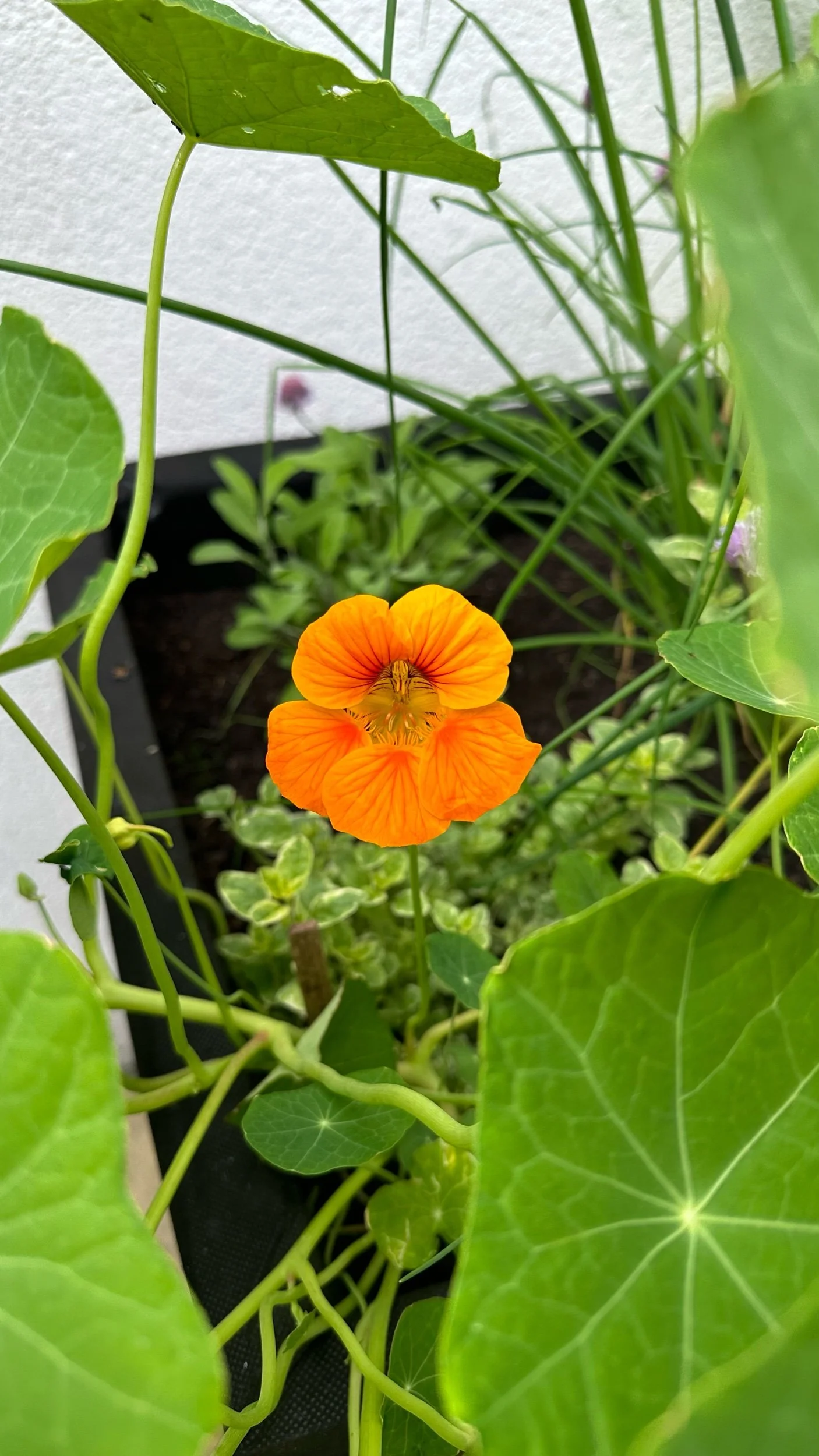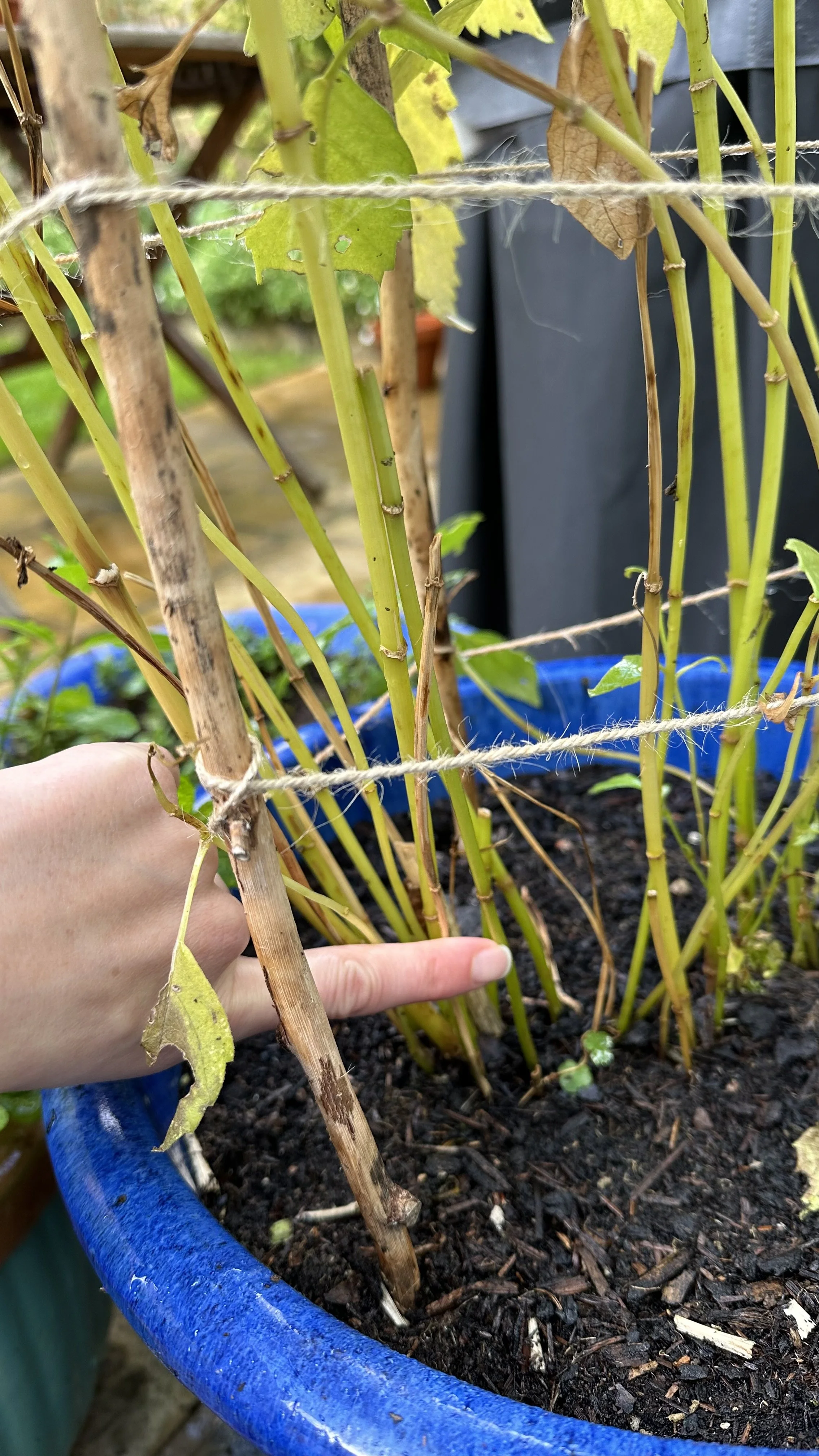Companion Plants for Roses: The Perfect Partners
This website is reader-supported - thank you! This post may contain affiliate links. As an Amazon Associate, I earn from qualifying purchases at no extra cost to you.
Creating a thriving rose garden requires more than just selection of rose varieties.
It involves understanding effective strategies to prevent common issues like black spot, a notorious fungal disease that can attack roses.
One of the most effective and natural strategies to enhance the health and beauty of your rose garden is through companion planting.
This method not only aids in disease prevention but also enriches the biodiversity of your garden space.
Companion plants serve multiple roles when paired with roses: they can attract beneficial insects and even improve the growing conditions, contributing to the overall vigor of your roses.
Identifying the right plant companions is crucial for creating a harmonious environment that allows your roses to flourish.
In this guide I will take you through the benefits of integrating specific companion plants into your rose garden, highlighting how they can be an ally in achieving a vibrant and healthy garden.
To learn more about companion planting, check out my guides:
Best Companion Plants for Roses
Choosing the right companions for your roses not only boosts your garden's health and vibrancy but it can also look stunning.
Here are the top companions that are not only beautiful but also offer benefits to your roses.
Lavender
Lavender, with its beautifully scented spikes of purple flowers, is not just a visual complement to roses; it also offers practical benefits.
It is known for attracting beneficial insects, such as bees and butterflies, which are vital for pollination.
Lavender also prefers similar sunny conditions and well-draining soil, making it an ideal companion for roses.
Growing lavender can also be a good way to keep cats out of your rose garden.
To learn more about this check out my guide Plants That Deter Cats: A Natural Solution to Keep Cats at Bay.
And to learn more about growing lavender, check out my guides:
How to Take Lavender Cuttings: A Step-by-step Guide
How to Create a Lavender Hedge
Here is the lavender I recommend growing:
Salvia
Salvia brings diversity to the rose garden with its variety of colors and heights.
This plant attracts beneficial insects, such as bees and butterflies, aiding in pollination.
Salvia's drought tolerance and preference for full sun align with the needs of roses, making it a low-maintenance companion that enhances the garden's beauty and ecological balance.
To learn more about growing salvia, check out my guides Pruning Salvias: How to Prune for Abundant Flowers and Growing Vibrant Salvia in Pots.
Here is my favorite salvia to grow:
Marigolds
Marigolds are known for their pest-repellent properties, making them an excellent choice for companion planting with roses.
The compounds found in marigolds can deter nematodes in the soil and may also repel aphids and other pests when planted closely with roses.
Their bright orange, yellow, and red blooms add a splash of color at the base of rose plants.
To learn more about growing marigolds, check out my guide How to Pair Marigold Companion Plants.
Marigolds are really easy to grow from seed, here are my favorites:
Onions
Adding onions to the rose garden introduces a layer of pest deterrence through their strong scent, which can repel aphids, beetles, and other pests.
Beyond their practical benefits, onions (Allium spp.), including ornamental varieties, produce spherical flowers on tall stems, offering a striking architectural element to the garden.
To learn more about alliums, check out my guide Secrets to Successfully Planting Allium Bulbs.
They prefer full sun and well-drained soil, similar to roses, ensuring compatibility.
Onions also have the added advantage of being useful in the kitchen, making them a practical choice for gardeners who value both beauty and utility.
To learn more about growing onions, check out my guide Onion Companion Plants: Creating a Natural Ecosystem.
Here are my favorite allium bulbs to grow:
Garlic
Garlic, much like onions, serves as a powerful deterrent against pests, including aphids and Japanese beetles, thanks to its strong scent.
Planting garlic around roses can help reduce pest populations naturally, without the need for chemical treatments.
Additionally, garlic can improve soil health and, when planted in the fall, provides a lush, green companion in the early spring before many other companions have emerged.
Here are my favorite garlic bulbs to plant:
Bee Balm (Monarda)
Bee balm is a fantastic companion for roses due to its ability to attract a plethora of pollinators, including bees, butterflies, and hummingbirds.
Its vibrant flowers, available in shades of red, pink, purple, and white, can complement the color palette of any rose garden.
Here are my favorite bee balm seeds to grow:
Russian Sage (Perovskia atriplicifolia)
Russian sage pairs beautifully with roses, offering a contrasting texture and color with its silvery foliage and lavender-blue flowers.
It thrives in full sun and well-drained soil, matching the needs of roses.
Its tall, airy spikes provide a backdrop that highlights the roses in front, and its drought tolerance is an added benefit so that you can conserve water.
If you are looking for more tips to conserve water, check out my guide Water Butts: Sustainable Water Storage for Your Garden.
Here is my favorite russian sage to grow:
To learn more about companion planting, check out my guides:
The Best Companion Plants for Hydrangeas
Utilizing Nasturtium Companion Plants for Natural Pest Control
Plants to Avoid in Your Rose Garden
While companion planting can offer numerous benefits to your roses, not all plants make good neighbors.
Here are some plants you might want to think twice about before introducing them to your rose garden.
Grasses
Grasses immediately adjacent to rose beds, can be problematic as companions.
Grasses compete aggressively for water, nutrients, and light, which can stress roses and reduce their vigor.
Additionally, lawnmowers and trimmers used around roses can accidentally damage the plants.
Thinking about removing grass from your garden?
Check out my guide How to Remove Grass to Start a Garden.
Vegetables and Herbs with Heavy Water Needs
While some herbs and vegetables can be beneficial to roses, those requiring a lot of water may not be suitable companions.
Plants like cucumbers, melons, and squash demand significant moisture, which can lead to overwatering issues for roses, potentially causing root rot or fungal diseases.
To learn more about growing squash, check out my guide Growing Pumpkins in Containers: A Complete Urban Garden Guide.
Large Shrubs and Trees
Large shrubs and trees can compete with roses for sunlight, water, and nutrients.
Their extensive root systems can overpower the comparatively less aggressive roots of rose bushes, hindering their growth and bloom production.
Consider growing shrubs in containers, check out my guide Top Low Maintenance Evergreen Plants for Pots.
Mint
While mint has many benefits its aggressive growth habit makes it a poor companion for roses.
Mint can quickly overrun a garden bed, competing with roses for space, light, and nutrients.
If you want to include mint in your garden, consider planting it in containers to keep it contained.
To learn more about growing mint, check out my guides:
Growing Mint from Cuttings: Easy Step-by-Step Guide
Why Companion Planting?
Companion planting is a big part of sustainable gardening, offering a multifaceted approach to cultivating healthier plants.
When it comes to roses, companion planting isn't just about beauty; it's a strategic method that can enhance the overall health and productivity of your garden.
Here’s why:
Natural Pest Control
One of the primary benefits of companion planting is its role in natural pest management.
Certain plants can repel common rose pests such as aphids, Japanese beetles, and spider mites.
For example, the strong fragrances of herbs like lavender can deter pests, reducing the need for chemical insecticides.
Disease Prevention
Diseases like black spot and powdery mildew are less likely to spread in well-aerated gardens where air circulation is promoted by the strategic placement of companion plants.
Additionally, some companions can improve soil health and moisture levels, creating less favorable conditions for fungal diseases.
Enhanced Pollination
Including plants that attract pollinators can significantly increase your garden's productivity.
Bees, butterflies, and other beneficial insects are drawn to companion plants like bee balm and salvia, which in turn helps to pollinate your roses, leading to better bloom production.
Improved Growing Conditions
Certain companion plants can improve growing conditions for roses by enriching the soil, providing shade or support, and even enhancing nutrient uptake.
For instance, plants from the onion family can deter pests and improve soil quality, while tall companions can offer some shade during the hottest parts of the day, preventing sun scorch.
Biodiversity
A diverse garden ecosystem is more resilient and less susceptible to outbreaks of pests and diseases.
Companion planting introduces a variety of plants that support different insects and microbial life, contributing to a balanced garden ecosystem.
Space Optimization
Especially relevant for small gardens or those with limited planting area, companion planting makes efficient use of space.
Underplanting roses with low-growing companions can maximize garden productivity and beauty without requiring additional square footage.
Companion Planting Tips
1. Understand the Needs of Your Plants
Before introducing companion plants to your rose garden, it's crucial to understand the specific needs of each plant.
This includes sunlight requirements, water needs, soil type preferences, and growth habits.
Roses, for instance, generally prefer full sun, well-draining soil, and regular watering.
Your companion plants should thrive under similar conditions to ensure they don't compete with roses but rather complement their growth.
2. Consider Bloom Times and Colors
To achieve a visually appealing garden throughout the growing season, select companion plants with staggered bloom times.
This ensures that at any given point in the season, your garden will have splashes of color and interest.
Additionally, consider the color palette of your roses and companion plants to create harmonious or contrasting combinations that enhance the beauty of your garden.
3. Plan for Height and Spacing
Proper spacing is essential to prevent overcrowding and ensure each plant receives adequate light, air, and nutrients.
Taller companions should be placed behind or around the roses to provide a backdrop without overshadowing them.
Lower-growing companions can be planted in front or as ground cover to suppress weeds and maintain soil moisture.
4. Promote Biodiversity
Diversity in plant species not only contributes to a garden's aesthetic appeal but also supports a healthier ecosystem.
A mix of companion plants can attract a variety of beneficial insects, deter pests, and reduce the risk of disease.
Incorporate a range of perennials, annuals, herbs, and even small shrubs to create a dynamic and resilient garden environment.
5. Soil Health and Mulching
Companion plants can contribute to the overall health of the soil in your rose garden.
Additionally, using organic mulch around your roses and companions can help retain soil moisture, suppress weeds, and gradually improve soil structure and fertility.
To learn more, check out my guide The Best Alternatives to Traditional Mulch for Your Garden.
6. Watering Considerations
While roses and their companions may have similar water needs, it's important to implement a watering regime that meets the specific needs of each plant type.
Use drip irrigation or soaker hoses to deliver water directly to the root zone, minimizing leaf wetness and reducing the risk of disease.
Here is the soaker hose I recommend:
7. Rotate Companions
Just as with vegetable gardening, rotating companion plants from year to year can help prevent soil depletion and reduce the buildup of pests and diseases.
Experiment with different companion plants to see which combinations work best with your roses and garden conditions.
FAQs
What should I plant with roses to deter aphids?
Plants that are known to repel aphids include marigolds, garlic, and lavender.
These plants can emit scents or substances that are unappealing to aphids, helping to keep them away from your roses.
Furthermore, planting flowers like calendula and sweet alyssum can attract beneficial insects such as ladybugs and lacewings, which are natural predators of aphids.
Incorporating these plants into your rose garden can help create a more balanced ecosystem, reducing aphid populations naturally.
Are there companion plants that should be avoided around roses?
Yes, it's wise to avoid planting certain species too close to roses due to competition for resources or increased risk of disease.
For example, plants that have heavy water or nutrient needs may compete with roses, potentially stressing the plants and leading to poor growth or bloom.
Vegetables that are prone to the same pests and diseases as roses, such as tomatoes (which can share blight with roses), should also be planted with caution.
It's beneficial to keep roses away from large trees and shrubs that can overshadow them and aggressively compete for water and nutrients.
How do I choose companion plants for my rose variety?
Choosing companion plants for your roses involves considering several factors, including the specific needs and characteristics of your rose variety.
For example, if you have climbing roses, you might select companions that can fill in the lower space without competing aggressively for resources.
For shrub roses, consider perennials that match or complement their height and spread.
Always take into account the sunlight, soil, and water requirements of both your roses and the potential companions to ensure they are compatible.
Can I use companion planting in pots?
Absolutely! Companion planting can be effectively utilized in container gardens.
Choose companions that have similar pot size and care requirements as your potted roses.
Low-growing herbs, annuals, or perennials can complement miniature or patio roses beautifully in pots.
Ensure that the companion plants do not overtake the rose in terms of growth, and pay careful attention to watering, as container plants typically require more frequent irrigation.
This approach can add visual interest and provide the same benefits as in-ground companion planting, such as pest deterrence and increased biodiversity.
For inspiration, check out my guides How to Grow Zinnias in Pots: From Seed to Colorful Blooms and Can You Grow Peonies in Pots? A Guide to Container Peonies.
Wrap-Up
The journey to a stunning and healthy rose garden, abundant with vibrant roses shrub varieties, is significantly improved by the thoughtful inclusion of companion plants.
These plant allies are not just decorative elements; they are crucial partners in the quest to prevent black spot and other common ailments that can affect roses during the warm summer months.
By carefully selecting companions that thrive within the same zones and share similar environmental preferences, you can create a symbiotic garden ecosystem where roses and your companions support each other's growth.
This approach to gardening, where prevention is key, underscores the importance of natural methods in maintaining the health and beauty of your garden.
By focusing on strategies to prevent black spot and other issues, you're not only ensuring that your roses remain healthy and beautiful all summer long but also embracing an eco-friendly gardening practice that benefits the wider environment.
As the seasons change and your garden evolves, the right companion plants can make all the difference in achieving a stunning rose garden.
Whether you're dealing with roses shrub varieties or exploring other types of roses, the principles of companion planting remain a solid guide to garden success.
So, as you tend to your garden, consider how companion planting can enhance not only the health and beauty of your roses but also the overall biodiversity and resilience of your garden space.
Pin this post to save it for later!








